37th martin luther king jr. College of Ministers & Laity






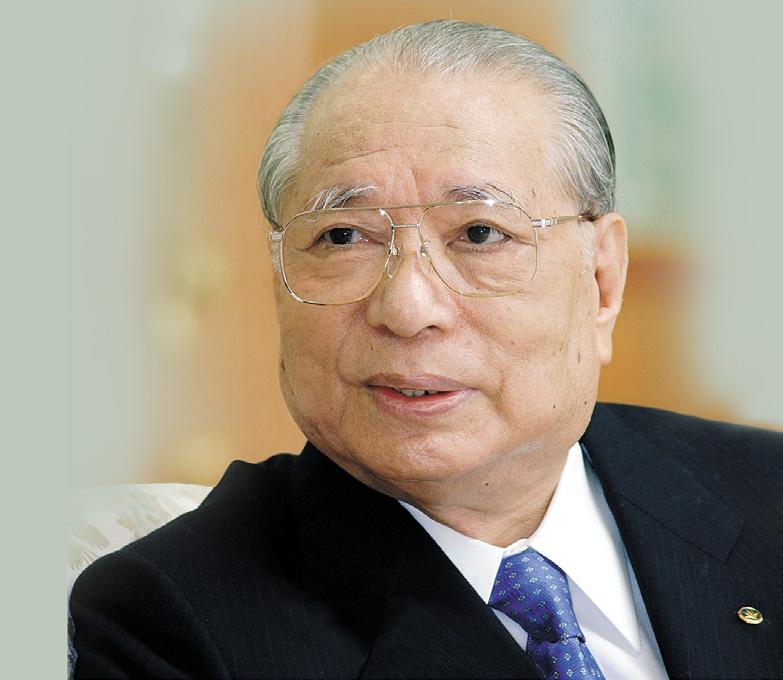
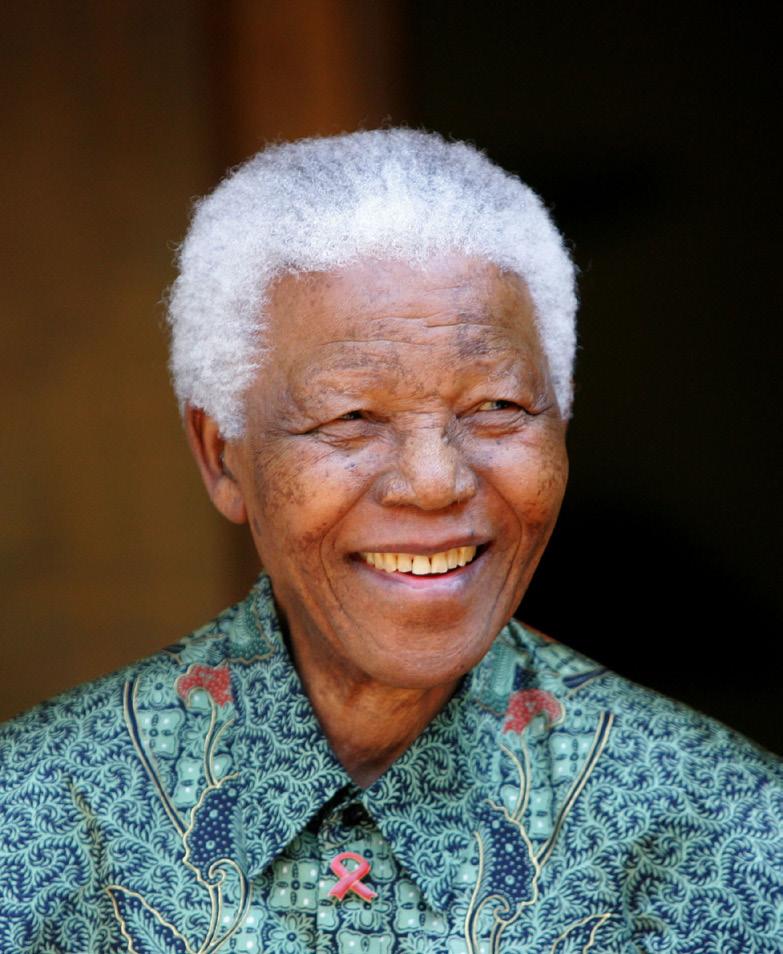
Thursday, April 13, 2023 at 11 a.m.
Thursday, April 13, 2023 at 7 p.m.
worldhouse interfaith & interdenominational assembly
benjamin elijah mays induction crown forumWhat a pleasure it is to welcome you to the Martin Luther King Jr. International Chapel and the 37th Martin Luther King Jr. College of Minister and Laity at Morehouse College. Since my arrival, much has changed at Morehouse, in the nation, around the world, and beyond. These are exciting times, and thanks to the support of so many, Morehouse is transforming itself to transform the world.
Led by the 44-year commitment and visionary leadership of the Reverend Dr. Lawrence Edward Carter Sr., founding dean of the Chapel, professor of religion and curator of the College, the edifice you are in has also experienced a magnificent transformation. There are more enhancements on the horizon and Morehouse owes a debt of gratitude to the vibrant leadership and the enduring legacy that Dean Carter is demonstrating. Each honoree and attendee at this celebration is reaping the benefit of the keen and watchful gaze of our beloved dean and I offer a personal word of thanks for his extraordinary contributions. His staff and other Morehouse team members have contributed tirelessly to the effort to make this time to be remembered.
Congratulations to the exemplary Class of 2023 honorees and inductees, including Secretary Michael Okerlund Leavitt, President of the Tabernacle Choir at Temple Square, the 14th Governor of the state of Utah, U.S. Secretary of Health & Human Services; and Elder Jack Noel Gerard, former White House Chief of Staff, and a General Authority Seventy from the Church of Jesus Christ of Latter-day Saints. We are exceptionally honored to confer the Gandhi•King•Ikeda Community Builder’s Prize and the inaugural Gandhi•King•Mandela Peace Prize this evening respectively on Dr. Ira Helfand, a member of International Steering Group of ICAN, the recipient of the 2017 Nobel Peace Prize and Immediate Past President of International Physicians for the Prevention of Nuclear War, the founding partner of ICAN, and itself the recipient of the 1985 Nobel Peace Prize, and Dr. Russell Marion Nelson Sr., the 17th President of The Church of Jesus Christ of Latterday Saints. We welcome The Reverend Dr. Thema Bryant, President of the American Psychological Association and Pepperdine University Professor of Psychology, who is our preacher for the Induction Crown Forum; and Dr. Suzan Denise Johnson Cook, former U.S. Ambassador at Large for International Religious Freedom. We look forward to their timely insight, expounding on the theme drawn from the scholarship of Dr. Bryant’s, “Saving Democracy While Thriving in the Wake of Cosmic Trauma.”
There are too many donors to thank for the financial support that has made this event possible. In particular, we would like to thank Russ Hardin and the Robert W. Woodruff Foundation for jump starting the physical restoration of these historic facilities. Morehouse is grateful to everyone who energetically supports the Chapel’s incredibly important work to foster sustainability, peace, understanding, and equity in the world.
Thank you for your continuing support and engagement as the legacy continues.
Sincerely,
David A. Thomas, Ph.D. Twelfth President, Morehouse College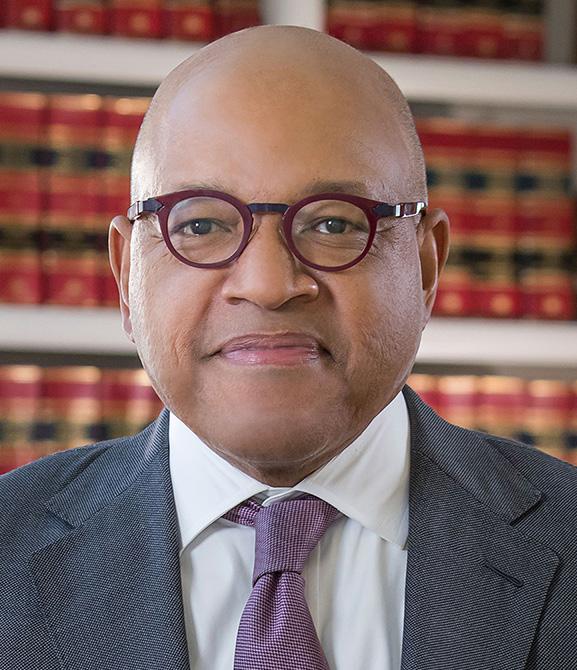

We extend a warm welcome to all who learn, evolve, worship, dedicate, and aspire in the Martin Luther King Jr. International Chapel today. Our purpose as an intentional spiritual community is to be a living environment for individuals to realize that they are unique emanations of God, the love-intelligence governing the Omniverse. We embody an understanding of our oneness with God, and we consciously practice this truth in our everyday lives. Through the wisdom-agency of normative cosmopolitan personalist virtue-ethical optional technologies, and the energy of unconditional love, we are committed to individual transformation, and to being a beneficial presence in the cosmos. Simply, we are here for God!
It is our hope that this experience of awareness, prayer, praise, prophetic and pastoral preaching, praxis, and philosophy will greatly enrich your life and bring you into a meaningful connection with God, nature, and people in a holistic understanding of Christian cosmology as moral cosmopolitans.
Historically Black churches and historically Black colleges, with chapels, appeared from the mind of Black and White northern and southern freedom loving abolitionists, as the strongest way to fight racial oppression, promote Reconstruction, and champion the Black social gospel. This tradition affirmed the dignity, sacred personhood, creativity, and moral agency of African Americans, and launched a new liberal liberationist abolitionism with an advanced role for the Black church, fresh from the freedom spaces of Brush and Hush Harbors, and the celebratory sounds, symbols, and traditions of West Africa, in response to the tragedy of American legal slavery.
The Crown Forums, the First Year Assemblies and the Vesper Hours address the deepest aspirations of the human spirit, that transcend needs, pain, suffering, and death. In so doing, they seek to affirm and enliven whatever may be the religious orientation, which gives meaning and richness to your life, and deepen the authentic lines along which your quest for spiritual reality has led you. Your time in the College Chapel is an hour of challenge, critique, responsibility, dedication, evaluation, obligation, stimulation, and a commitment to actualizing potentials, as you consider the issues affecting the sacredness of our common humanity and autonomy competency. The Chapel is a symbol of the intent of Morehouse College to recognize spirituality—sustainable cooperation justice—as fundamental to the human experience.
We look hopefully toward our common future with the informed expectation that your participation during this day, and ongoing activities emerging from your diverse, but conscientious perspectives, will creatively transform the Cosmos in just and nonviolent ways. Peace is Possible!
Sincerely,
Lawrence Edward Carter Sr., 33˚Ph.D., D.D., D.H., D.R.S., D.H.C., MULT.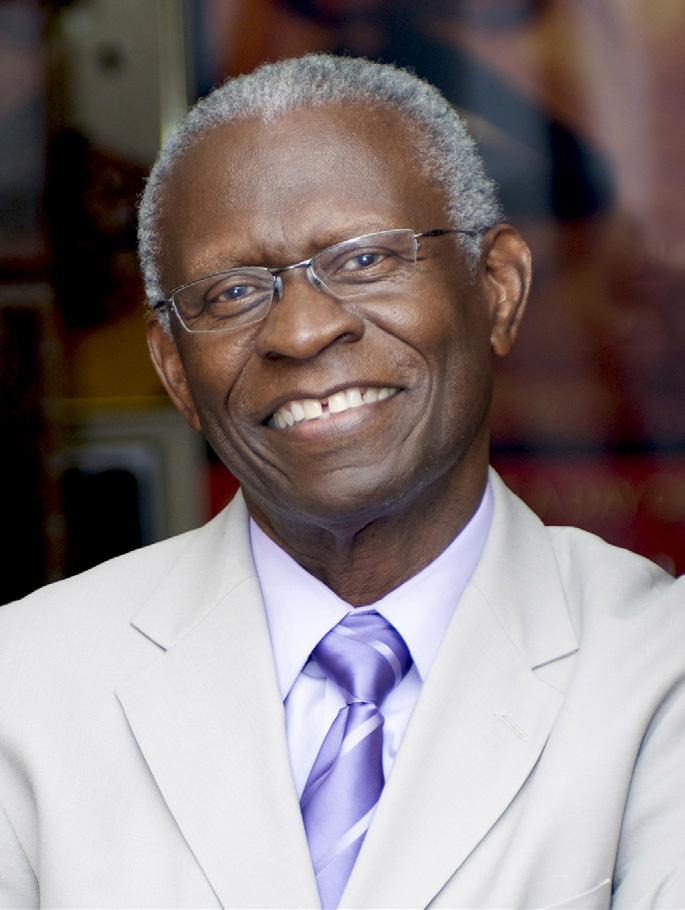
 Founding Dean of the Chapel, Professor of Religion, College Archivist and Curator Founder, Gandhi-King-Ikeda-Mandela Institute for Cosmopolitan Ethics and Reconciliation Director, Martin Luther King Jr. College of Pastoral Leadership Chairman, Howard Thurman Spiritual Educational Trust Director, WorldHouse Academy Co-Founder, Covenant
Founding Dean of the Chapel, Professor of Religion, College Archivist and Curator Founder, Gandhi-King-Ikeda-Mandela Institute for Cosmopolitan Ethics and Reconciliation Director, Martin Luther King Jr. College of Pastoral Leadership Chairman, Howard Thurman Spiritual Educational Trust Director, WorldHouse Academy Co-Founder, Covenant
Today, we gather to celebrate the twenty-third anniversary of the Gandhi-King-Ikeda-Mandela (GKIM) Institute for Cosmopolitan Virtue-Ethics and Reconciliation, a program that focuses on meditation, conflict transformation, and peace. As we work together locally, globally, and cosmically to create a legacy of nonviolent teachings, it will be an audacious challenge calling for justice, and compassion for the children of the world. We must be the change we wish to see.
We celebrate the immortal spirits of Mahatma Gandhi. Martin Luther King Jr., Nelson Mandela and the living wisdom of Daisaku Ikeda that emanate from the times and places of their lives into the future and throughout the world. We must be the change we wish to see.
We honor the founding of the GKIM Institute to heal and revive human hearts and minds deeply wounded by violent ideologies, trauma, and inequalities to open the way for a healing chapter in human history. We must be the change we wish to see.
We celebrate the creation of the GKIM Institute because the Mahatma demonstrated unconditional love in recognizing the need for nonviolent training and discipline that has also served as a cornerstone for the work of King, Ikeda, and Mandela. They exhibited an awareness that it is only by developing the discipline of self-control that people truly understand the science and spirituality of nonviolence and use it to overcome their weaknesses and realize their own strength. We must be the change we wish to see.
We advance the personalities and principles of Gandhi, King, Ikeda, and Mandela for their exalted way of peaceful living, inspired by a deep sense of integrity; and because of their commitment to creative social reform, leading people to develop global networks of sustainable
cooperation and human solidarity. We must be the change we wish to see.
We forge a mission to link the “love-olutions” of Mahatma Gandhi, Martin Luther King Jr., Daisaku Ikeda, and Nelson Mandela so that the four may come together at this hour to transform the old world into a new WorldHouse of moral citizenship, tolerance, respect for difference, and diversity—maturity grounded in spiritual oneness. We must be the change we wish to see.
We commemorate the life, legacy, and character of the barefoot saint of India who believed in the immense spiritual and religious potential that resides equally in each of us. His legacy inspired King and Ikeda to become prophets of inner spiritual transformation for individuals and communities that has sparked reformations in politics, education, economics, and cultures as well as, reconciliation between genders, nations, races and religions. We cannot have what we are not willing to be. We do not get what we desire, we get what we are.
Therefore, because the Mahatma’s spiritual legacy is one of humanity’s priceless treasures, we, the people of the planet, strengthen our numerical forces at this critical juncture in history to accelerate the Gandhi-King-IkedaMandela Institute for Cosmopolitan Virtue-Ethics and Reconciliation in the Martin Luther King Jr. International Chapel at Morehouse College and the global movement for peace and nonviolence. Today we teach activism, nonviolence, optimism, and populism in the spirit of Gandhi, King, Ikeda, and Mandela promoting a holistic vision for the growth, health, safety, and wellbeing of our evolving beloved economic, political, cosmic world community. Our vision is the creation of a global society in which the full development of each individual’s potential is the central goal.
It was the tendency of the ancient monument-builders of the Nile to codify their symbolic teachings in stone. Thus, for those who knew the “language,” the physical structure and placement of a monument, temple, or other sacred building unveiled a deeper story.
The Ben Ben, or “obelisk,” was such a significant monument that, during the New Kingdom (1580-1200 BC), it came to symbolize Kemit itself. The Ben Ben was clearly a sun and light symbol, dedicated to Ra, embodying the transcendence immanent in Ra’s Light. The Ben Ben’s soaring lines were meant to evoke this transcendence and its connection to the solar light was imbued in the capstone or pyramidion, coated in a gold-silver alloy called nubhedj (“electrum”), with a brilliant reflection could be seen 50 miles away on a clear day.
The term Ben Ben is a doubling of the old Kamite word ben meaning “man, phallus, beget.” It is the source of the Hebrew ben or Arabin ibn meaning “son of.” The ancient Nile dwellers clearly understood that the rays of the sun fructified the earth and all life upon it and therefore made that all important heavenly body the archetypal symbol of the Heavenly Father whom they called Ra. The Ben Ben, though, is more than a mere “phallic symbol”; it is a sign of the sun (or Ra’s) fructifying light-ray materialized in granite.
In the mind of the ancient priests of the Nile, light, consciousness, and understanding were synonymous. Thus, the Ben Ben codified the process of enlightenment, achieved through the correct acquisition of knowledge and the slow revelation of cosmic wisdom. Under such influence, dark mysteries and unexamined secrets were made manifest.
The Ben Ben yet retains its power to inspire the imagination, and to encapsulate transcendence. Again and again, the modern architect re-erects obeliscoid forms because the elegant, geometric harmony of the Ben Ben speaks a language that continually excites the creative instincts of man. Time and again, we return to this ancient architectural form not because we lack other models, but because it expresses for us the cosmic imperative of our indwelling spirit. Through the Ben Ben, we pay homage to the Light Bringer, the Father of All, and the best of His Creation.
by Charles Sumner Finch III, M.D. Former Director of International Programs, Morehouse School of MedicineThe Howard Washington Thurman Memorial obelisk on the campus of Morehouse College is a celebration of the process of enlightenment, achieved through the deliberate acquisition of knowledge, understanding, and the slow revelation of cosmic wisdom.
The monument rises in the shadow of the Martin Luther King Jr. International Chapel, marking the resting place of Thurman, a 1923 graduate and nationally respected theologian who was considered a forerunner in the religious movement of celebrating

the unity of all people, and embracing a religious spirituality that was intercultural, interracial, interdenominational, and international.
During its heyday (1580-1200 B.C.), the obelisk was a sun and light symbol, embodying the transcendence immanent in God’s light. The obelisk remains a symbol of man’s creativity and wisdom. At Morehouse, the monument serves as a beacon for scholarly pursuits, visionary leadership, compassionate service, and a worldview that inspires positive change.
Dr. Thema Bryant is the 2023 president of the American Psychological Association, the leading scientific and professional organization representing psychology with more than 120,000 members (apa.org). Dr. Thema Bryant completed her doctorate in Clinical Psychology at Duke University and her postdoctoral training at Harvard Medical Center’s Victims of Violence Program.
Upon graduating, she became the Coordinator of the Princeton University SHARE Program, which provides intervention and prevention programming to combat sexual assault, sexual harassment, and harassment based on sexual orientation. She is currently a tenured professor of psychology in the Graduate School of Education and Psychology at Pepperdine University, where she directs the Culture and Trauma Research Laboratory. Her clinical and research interests center on interpersonal trauma and the societal trauma of oppression. She is a past president of the Society for the Psychology of Women and a past APA representative to the United Nations.
Dr. Thema also served on the APA Committee on International Relations in Psychology and the Committee on Women in Psychology. The American Psychological Association honored her for Distinguished Early Career Contributions to Psychology in the Public Interest in 2013. The Institute of Violence, Abuse and Trauma honored her with their media award for the film Psychology of Human Trafficking in 2016 and the Institute honored her with the Donald Fridley Memorial Award for excellence in mentoring in the field of trauma in 2018. The California Psychological Association honored her for Distinguished Scientific Achievement in Psychology in 2015. She is the editor of the APA text Multicultural Feminist Therapy: Helping Adolescent Girls of Color to Thrive. She is one of the foundational scholars on the topic of the trauma of racism and in 2020, she gave an invited keynote address on the topic at APA. In 2020, the International Division of APA honored her for her International Contributions to the Study of Gender and Women for her work in Africa and the Diaspora.
Dr. Thema has raised public awareness regarding mental health by extending the reach of psychology beyond the academy and private therapy office through community programming and media engagement, including but not limited to Headline News, National Public Radio, and CNN.

Having earned a Master of Divinity, Dr. Thema is an ordained elder in the African Methodist Episcopal Church. She directs the mental health ministry at First AME Church in South Los Angeles. Dr. Thema also utilizes sacred dance and spoken word in therapy, community forums, and faith communities. A member of the Association of Black Psychologists, she incorporates culturally based interventions in her teaching, research, and practice. Dr. Thema is the host of the Homecoming Podcast, a mental health podcast to facilitate your journey home to your authentic self.
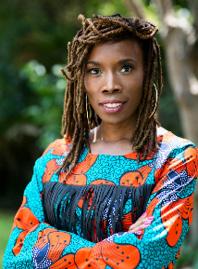
“I refuse to participate in the silencing of myself. I do not consent to the erasing of myself.”
— The R ev. DR. Thema BRyan T P h.D.
“ We pray now to the Holy Spirit”
Dietrich Buxtehude
“Prayer”
Rene Vierne
“War March of the Priests” Felix Mendelsohn
c
Dr. Oliver
Dr. David Francis Oliver P
The Reverend Dean Carter
The Reverend Dr. Amos C. Brown
Senior Pastor, Third Baptist Church San Francisco, CA
Don Abram
Amey Victoria Adkins-Jones
Timothy Levi Adkins-Jones
Elyse Ambrose
Andrea Arsene
Barbara Etta Austin-Lucas
Floyd Frederick Beavers
Traci Blalock-Phillips
Kyle Eugene Brooks
P. Zachary Bruce Sr.
Dante Denard Bryant
Rashad Renard Burgess
Jennifer Carner
Suzan Denise Johnson Cook
Justin A. Coles
Caretha Franks Crawford
Charlie Edward Dates
Leah Denyatta Daughtry
Herbert Daniel Daughtry
Leo H. Davis Jr.
Cynthia Diaz
Febbie Claudina Dickerson
Mark Dodd
Sammie Jawan Dow
Sabrina J. Ellis
John Ryan Faison Sr.
Jeffree Monroe Fauntleroy
Jack Noel Gerard
Anita Joyce Gould
William Kendall Gravely
Jaron Stephen Green
Ryan Christopher Green
Farah Jasmine Griffin
Jeffrey Haggray
Ouida W. Harding
Robert Sorrell Harvey
Allison Michelle Henderson-Brooks
Jé Exodus Hooper
Alice W. Hunt
Christopher Hunt
Darlene Marie Hutto
David Earl Jackson
Mary Angela Johnson
Beverly Lorraine Kee
Jennifer Susanne Leath
Michael Okerlund Leavitt
Gavin Lewis
Marshall Weir Mabry III
David Sylvester Marriott
Monica Harewood Marshall
Michael Brandon McCormack
Tony McNeill
Evelyn Veronica Miller-Suber
Carol J. Oja
Evelyn L. Parker
Clariece Paulk
Darryl N. Person
DeAndre S. Pickett
Althelia H. Pond
Rhondalyn Renee Randolph
Marjorie Duncan Reed
Le’Zaire Reese
Laura Mae Reyes
Patrick B. Reyes
Derrick Lawrence Rice
Jennell Whitfield Riddick
Joyce Frank Ridgeway
Elizabeth D. Rios
Dominique Ayesha Robinson
Cecily Robinson-Duffie
Melanie Robyn Rochford
Shari Rogers
Laurel C. Schneider
Brian Delmond Scott
Kenyatta N. Shamburger
TaNikka M. Sheppard
Roger Alex Sneed
C. Riley Snorton
Carla Anne Stokes
“See the Victory Before Us and Walk On” Words & Music by Dr. Uzee Brown Jr. ’72
“Saving Democracy While Thriving in the Wake of Cosmic Trauma”
“Dear Old Morehouse”
J.O.B. Mosley ’29
Dr. David Edward Morrow ’80
Mark Thompson
Cleve V. Tinsley IV
Tevin Tobun
Emilie M. Townes
Eric Jordan Troy
Timothy E. Tyler
Éric Anthony George Vickers, Sr.
Brandon Christian Waddles
Ahmad Rashad Washington
Ralph Basui Watkins
Benita Lynn Weathers
Constance Conchita
Wheeler-Evans
Angel Elizabeth White
Sonja B. Williams
Jeri Lynne Wright
Martin Luther King Jr. International Chapel Assistants
Howard Washington Thurman Scholars
Dr. David A. Thomas 12th President, Morehouse College
Morehouse College Glee Club
The Reverend Dr. Thema Bryant President of the American Psychological Association Professor, Pepperdine University
Professor, Chair of the Music Department, Director of the Glee ClubDr. David Francis Oliver Morehouse College Organist
I am pleased today to induct you into the Morehouse College prophetic justice tradition – founded in 1867 by William Jefferson White, greatly enhanced by William Edward Burghardt DuBois, John Hope, Mordecai Wyatt Johnson, Benjamin Elijah Mays, Howard Washington Thurman, and widely acclaimed during the Black Social Gospel nonviolent Civil Rights Movement, led by Martin Luther King Jr.
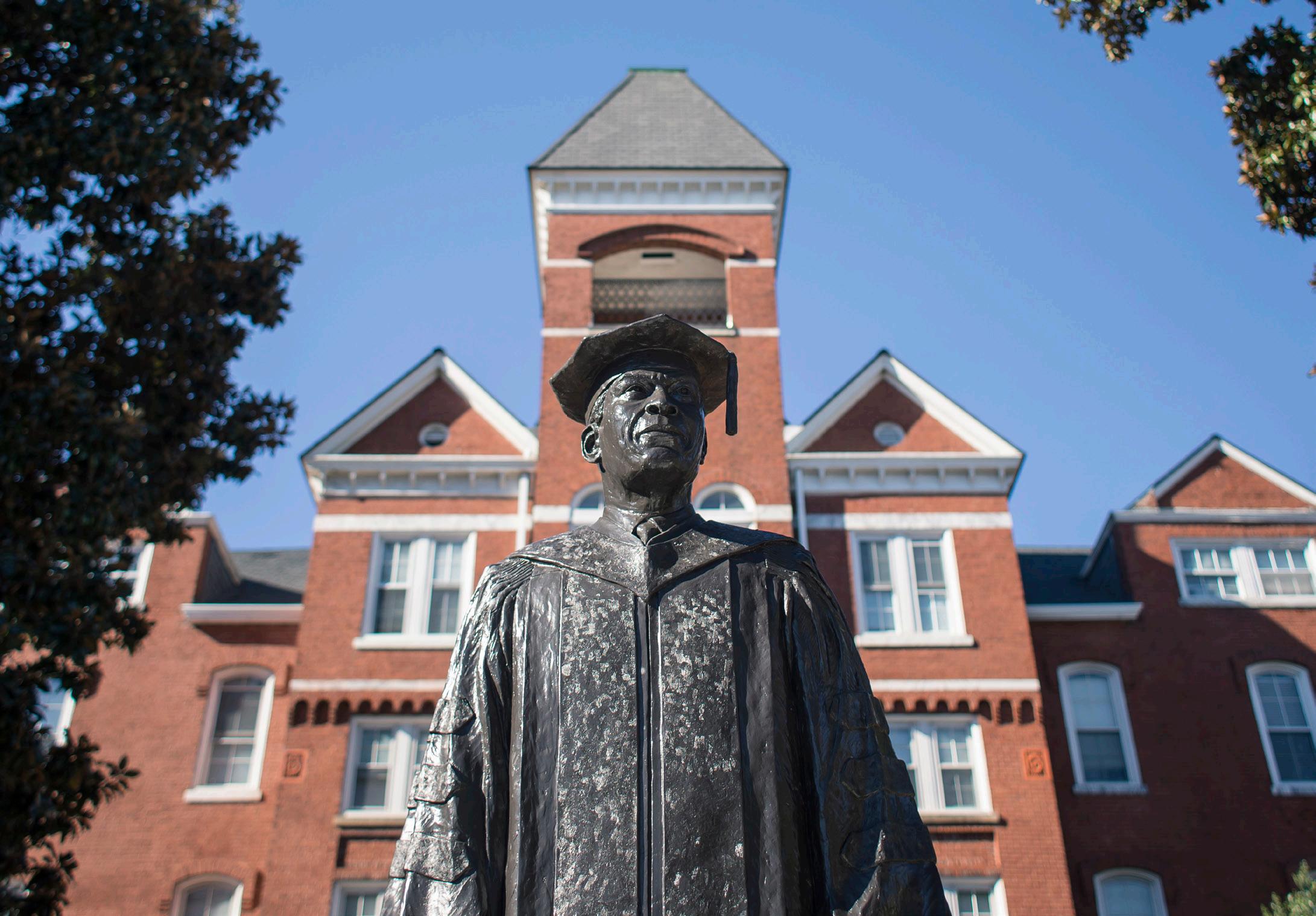
As members of the Martin Luther King Jr. Board of Preachers, Board of Sponsors, and Collegium of Scholars, you join a pantheon of adaptive leaders whose virtue-ethical, spiritual, and moral example has helped change the world. Among them: Henry Lyman Morehouse, Adam Daniel Williams, Martin Luther King Sr., Ralph David Abernathy Sr., Floyd McKissick, Samuel Woodrow Williams, Thomas Kilgore Jr. and James Madison Nabritt.
I charge you, therefore, to follow in their footsteps – and even to do greater things – as affirmative, appreciative, coherently critical and engaged role models for this generation of students, always remembering that our vision is the creation of an inclusive, global, dignitarian society in which the full development of each individual’s potential is realized.
Further, I charge you to be faithful servant scholar leaders, guarantors of continuity, celebrators of change, negotiators of structure, facilitators of meaning, practitioners of cosmopolitan ethics, and co-creators of the Beloved Economic Political Cosmic Community, to the end that we will right the age-old wrongs that continue to haunt the American people and others around the world.
Finally, I charge you to use your time, talent, tender and technology to help usher in an age of diversity maturity, peace, and nonviolence for the children of the world, to raise another generation of ethically inspired leaders committed to building a radically inclusive humanity.
In token of our hope and confidence in you, we present these citations, which list 49 cosmopolitan virtue-ethical options by which Martin Luther King Jr. and many Hindus, Buddhists, Muslims, Jews, Christians, Sikhs, Scientists and Secular Humanists live their lives and transform society.
Testifying to this investiture, and in witness whereof under the seals of the College and the Chapel, the signatures of duly authorized officers are hereunto affixed, this 13th day of April 2023, Per Dominum Nostrum Jesum Christum.
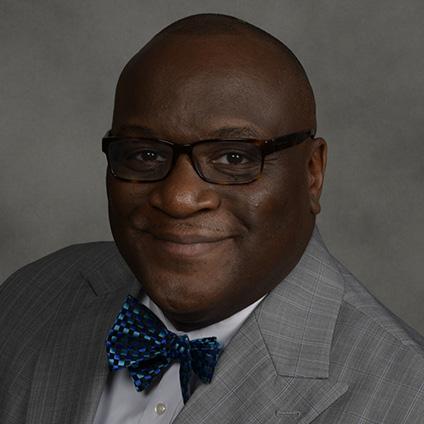
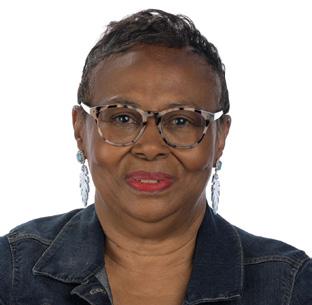



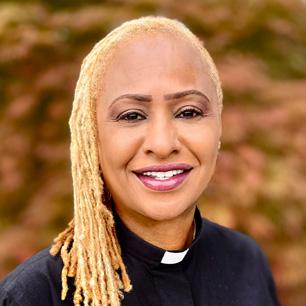
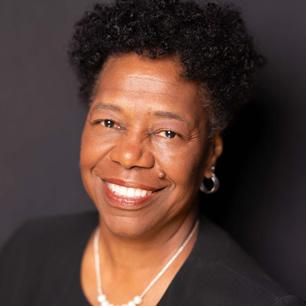



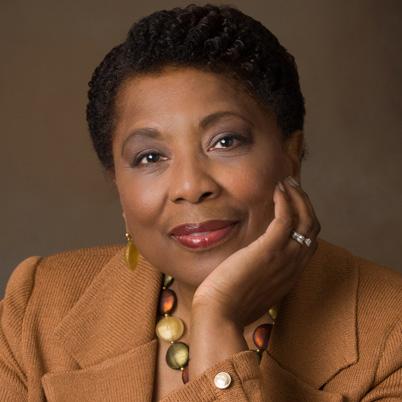
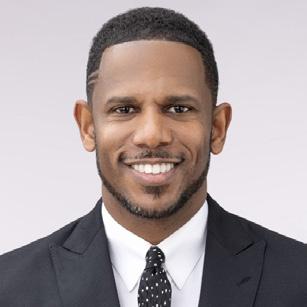




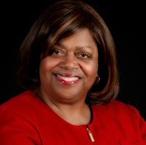

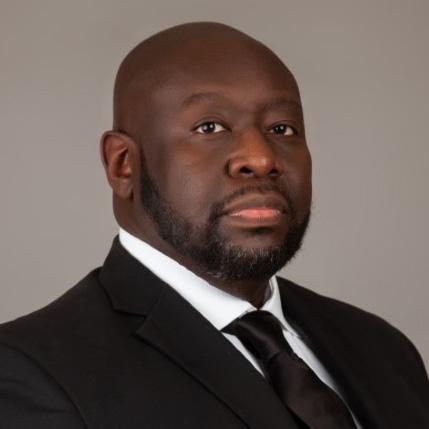




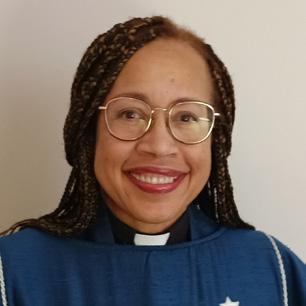
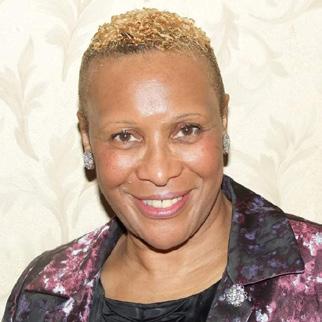
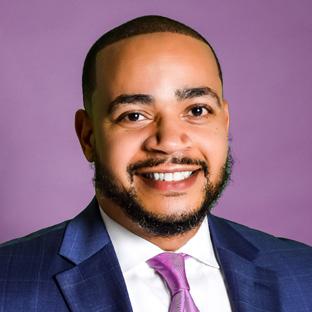

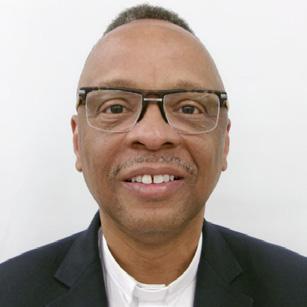
 Don Abram Andrea Arsene Barbara Etta Austin-Lucas
Floyd Frederick Beavers Traci Blalock-Phillips
P. Zachary Bruce Sr. Jennifer Carner Suzan Denise Johnson Cook
Herbert Daniel Daughtry Leah Denyatta Daughtry Cynthia Diaz
Sammie Jawan Dow Sabrina J. Ellis
John Ryan Faison Sr. Anita Joyce Gould William Kendall Gravely
Jaron Stephen Green Jeffrey Haggray
Ouida W. Harding
Robert Sorrell Harvey Allison Michelle Henderson-Brooks
David Earl Jackson Mary Angela Johnson
Charlie Edward Dates
Caretha Franks Crawford
Marshall Weir Mabry, III
Darryl N. Person
Evelyn Veronica Miller-Suber
Don Abram Andrea Arsene Barbara Etta Austin-Lucas
Floyd Frederick Beavers Traci Blalock-Phillips
P. Zachary Bruce Sr. Jennifer Carner Suzan Denise Johnson Cook
Herbert Daniel Daughtry Leah Denyatta Daughtry Cynthia Diaz
Sammie Jawan Dow Sabrina J. Ellis
John Ryan Faison Sr. Anita Joyce Gould William Kendall Gravely
Jaron Stephen Green Jeffrey Haggray
Ouida W. Harding
Robert Sorrell Harvey Allison Michelle Henderson-Brooks
David Earl Jackson Mary Angela Johnson
Charlie Edward Dates
Caretha Franks Crawford
Marshall Weir Mabry, III
Darryl N. Person
Evelyn Veronica Miller-Suber
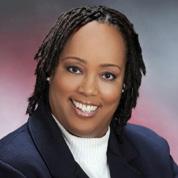


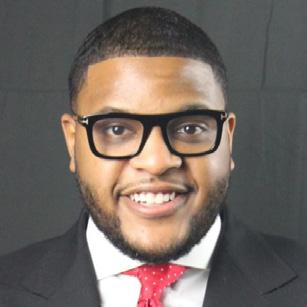







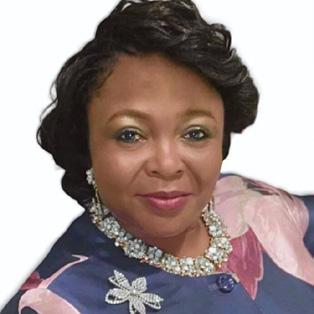


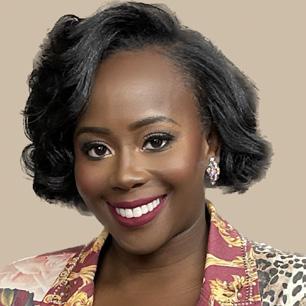



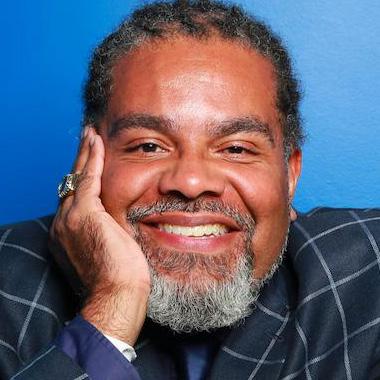


 Althelia H. Pond
Melanie Robyn Rochford
Timothy E. Tyler
Jeri Lynne Wright
Brian Delmond Scott
Éric Anthony George Vickers Sr.
Dominique Ayesha Robinson
Mark Thompson
Angel Elizabeth White
Carla Anne Stokes
Constance Conchita Wheeler-Evans
Le’Zaire Reese
Laura Mae Reyes
Derrick Lawrence Rice
Joyce Frank Ridgeway
Elizabeth D. Rios
DeAndre S. Pickett
Rhondalyn Renee Randolph
Jennell Whitfield Riddick
Marjorie Duncan Reed
TaNikka M. Sheppard
Althelia H. Pond
Melanie Robyn Rochford
Timothy E. Tyler
Jeri Lynne Wright
Brian Delmond Scott
Éric Anthony George Vickers Sr.
Dominique Ayesha Robinson
Mark Thompson
Angel Elizabeth White
Carla Anne Stokes
Constance Conchita Wheeler-Evans
Le’Zaire Reese
Laura Mae Reyes
Derrick Lawrence Rice
Joyce Frank Ridgeway
Elizabeth D. Rios
DeAndre S. Pickett
Rhondalyn Renee Randolph
Jennell Whitfield Riddick
Marjorie Duncan Reed
TaNikka M. Sheppard


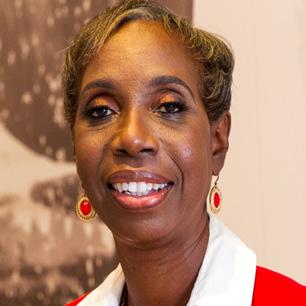

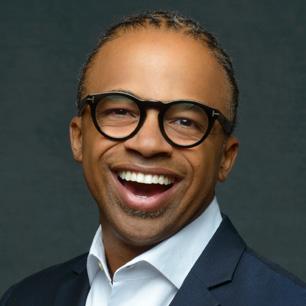

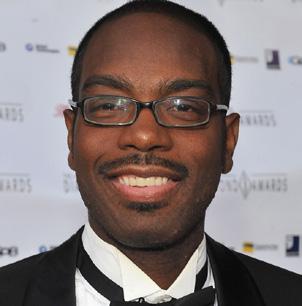
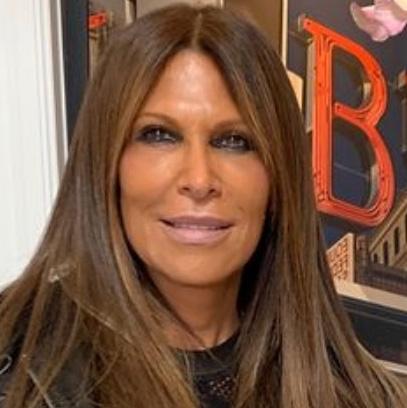





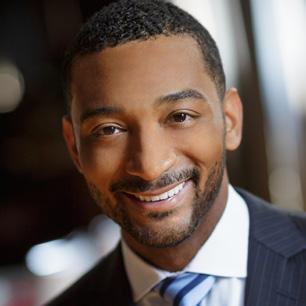
 Leo H. Davis Jr.
Mark Dodd
Jeffree Monroe Fauntleroy
Darlene Marie Hutto
Ryan Christopher Green
Beverly Lorraine Kee Gavin Lewis
Clariece Paulk
Tevin Tobun
Rashad Renard Burgess
Eric Jordan Troy
Cecily Robinson-Duffie
Tony McNeill
Leo H. Davis Jr.
Mark Dodd
Jeffree Monroe Fauntleroy
Darlene Marie Hutto
Ryan Christopher Green
Beverly Lorraine Kee Gavin Lewis
Clariece Paulk
Tevin Tobun
Rashad Renard Burgess
Eric Jordan Troy
Cecily Robinson-Duffie
Tony McNeill

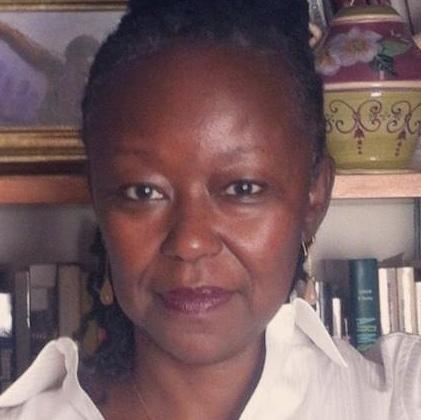








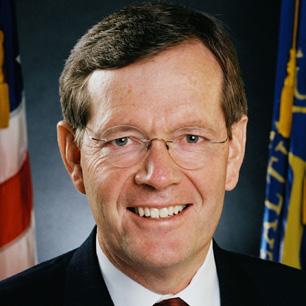



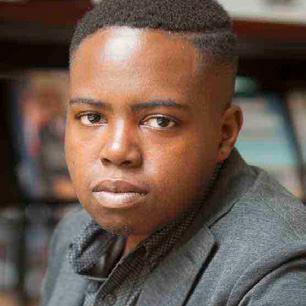
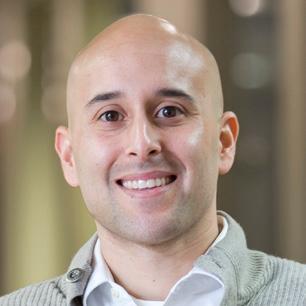




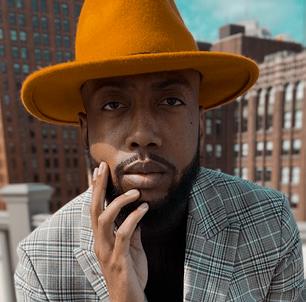

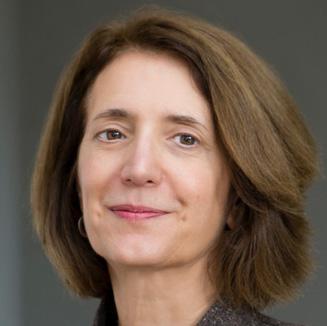
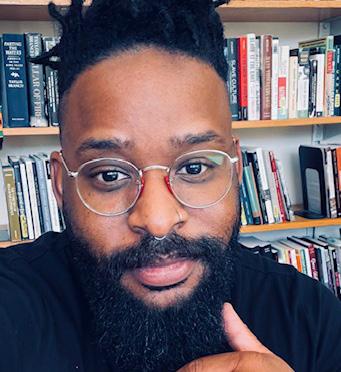

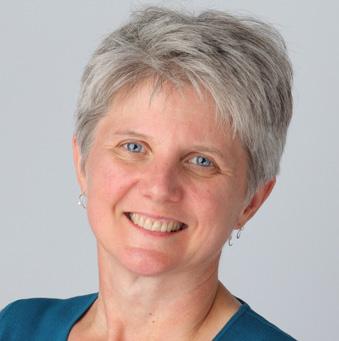


 C. Riley Snorton
Brandon Christian Waddles Ahmad Rashad Washington
Ralph Basui Watkins Sonja B. Williams
Jennifer Susanne Leath
David Sylvester Marriott
Alice W. Hunt
Evelyn L. Parker
Michael Brandon McCormack
Carol J. Oja
Patrick B. Reyes
Laurel C. Schneider
Roger Alex Sneed
Cleve V. Tinsley IV
Kenyatta N. Shamburger
Emilie M. Townes
Christopher Hunt
Michael Okerlund Leavitt
Amey Victoria Adkins-Jones Timothy Levi Adkins-Jones Elyse Ambrose
Dante Denard Bryant
Justin A. Coles
Febbie Claudina Dickerson
Kyle Eugene Brooks
Jé Exodus Hooper
C. Riley Snorton
Brandon Christian Waddles Ahmad Rashad Washington
Ralph Basui Watkins Sonja B. Williams
Jennifer Susanne Leath
David Sylvester Marriott
Alice W. Hunt
Evelyn L. Parker
Michael Brandon McCormack
Carol J. Oja
Patrick B. Reyes
Laurel C. Schneider
Roger Alex Sneed
Cleve V. Tinsley IV
Kenyatta N. Shamburger
Emilie M. Townes
Christopher Hunt
Michael Okerlund Leavitt
Amey Victoria Adkins-Jones Timothy Levi Adkins-Jones Elyse Ambrose
Dante Denard Bryant
Justin A. Coles
Febbie Claudina Dickerson
Kyle Eugene Brooks
Jé Exodus Hooper
Hon. Suzan Johnson Cook was the first Black woman in the 200-year history of the American Baptist Churches, USA Inc., to be elected to a senior pastorate, Mariners Temple Baptist Church in NYC, where she built the congregation from 15 to more than a thousand and began the history making Lunch Hour of Power and Wonderful Wall Street Wednesdays, standing room only lunchtime worship services for the business community. She was the first female and African American to hold the position of U.S. Ambassador for International Religious Freedom.
Nominated by Secretary Hillary Clinton, and appointed by President Barack Obama, Cook was the principal advisor to the President of the United States and Secretary of State, for religious freedom globally. Having all 199 countries in her portfolio, she integrated religious freedom into the foreign policy and national security. Personally, representing the United States in 28 countries and more than 100 diplomatic engagements. Cook brought faith leaders and women to the Religious Freedom table, with her Female Faces of Faith, and religious freedom and Foreign Policy Roundtables. Additionally, she has been the faith advisor to two U.S. Presidents, three cabinet secretaries, as well as political and celebrity leaders. Ambassador Cook served as President Bill Clinton’s only faith advisor on the historic “President’s Initiative on Race.”
In 2022, Virginia Union University honored her with The Suzan Johnson Cook Global Center for Women in Ministry, where she hopes to inspire thousands of Black women to a legacy of economic peace. With a $1.5 Million grant from the Lilly Endowment, Inc., she leads 60 Black women ministers, who are game changers and world influencers, impacting the lives of women and girls globally. In December 2023, she will host the first “International Gathering, and Celebration of Black Women in Ministries” at the National Press Club, honoring trailblazers and unsung She-roes of the faith. Ambassador Johnson Cook serves on the Advisory Board of Notre Dame’s Religious Liberty
Initiative and won first prize in the Dare to Overcome film festival.
A member of Delta Sigma Theta Sorority, Inc., she was invited by President Obama to pray at the National Cathedral on his first day in office.
Cook served Harvard Divinity School as Associate Dean, and faculty member for three years, and as a Presidential Administrative Fellow. Her alma mater, Union Theological Seminary (NYC), awarded her the UNITAS and Trailblazing awards, as well as the Activist Scholar Fellowship for peace building.
A Visiting Fellow at Catholic University of America, a Distinguished Diplomat in Residence for the Religious Freedom Center.
For 21 years, Ambassador Johnson Cook was the first female Chaplain for the NYC Police Department, holding the rank of Inspector, where she was on the front lines of 9/11, and helped bridge relations between the NYPD and New York’s diverse communities. The Ambassador was the first female president of the historic Hampton Ministers Conference, in its 105 years among the largest gathering of African American clergy in the world. For 32 years, she served as pastor of three NYC congregations.
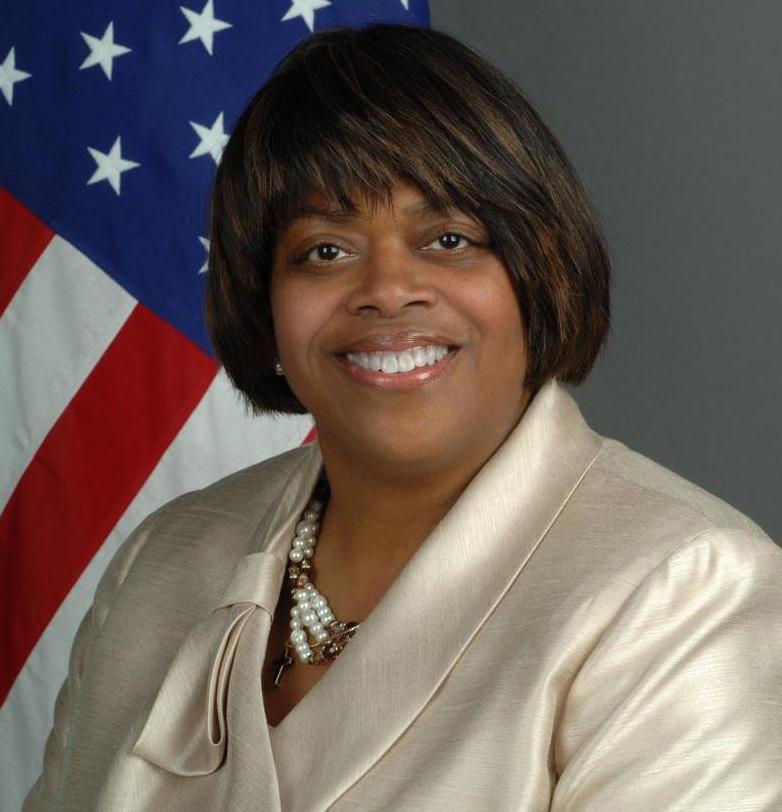
Bringing dynamic Women World Changers together, she formed the Women on the Worldstage movement, better known as the Wow Factor, for multicultural women leaders to lean in at the table, on the issues of wellness and wealth retreats for busy Christian women leaders: Selah by the Sea.
A civil, gender and human rights activist, she officiated the funeral services for her mentor and Godmother, Civil Rights legend, Coretta Scott King. She has addressed the United Nations, General Assembly, and Geneva. Ambassador Johnson Cook is internationally regarded as one who bridges party, racial and gender divides.
Gandhi has been chosen by the people of India, England, and by countless citizens throughout the globe as the greatest world leader of the past 1,000 years. Through the use of nonviolence, fasting, and religious tolerance, he developed and tested the means for ending an era of colonial domination and imperialism. He elevated the love ethic of Jesus to the level of international diplomacy. Using his insightful and thorough reading of John Ruskin, Leo Tolstoy, Henry David Thoreau, Ralph Waldo Emerson, the Bhagavad-Gita, the Bible, the Koran, and the philosophies and scriptures of other world religions, he instituted a form of universal worship and promoted a love for truth, regardless of its source. This reading further encouraged him to remain by pain or pleasure, victory or defeat, and to work without promise of success or fear of failure. He spent a total of 10 years imprisoned by the British, a period that witnessed the proliferation of his writings, which now fill 100 volumes, each over 500 pages in length.
Gandhi’s civil disobedience and nonviolent demonstrations in South Africa and India won greater freedom and ultimately, independence for 400 million Indians after three centuries of British rule. It also inspired the leadership of Martin Luther King Jr., Nelson Mandela, Desmond Tutu, Albert Luthuli, Lech Walesa, Vaclav Havel, Mother Teresa, Aung San Suu Kyi, Mairead Corrigan-Maguire, the Dalai Lama, and Thich Nhat Hanh.
It is because of his selfless devotion to service and scholarship for the dispossessed—dressing like them, speaking their language, and living among them—that billions today continue to grant Gandhi the title “Mahatma “ and to regard him as a Christian, Judaic, Buddhist, Islamic, and Hindu saint.

The Mahatma was the catalyst, if not the initiator, of five of the major revolutions of the twentieth century: the revolutions against colonialism, racism, violence, and sexism, and for ecology. According to Albert Einstein, “Gandhi organized the people of India into a mass movement on a scale without precedent or parallel. He was the greatest political genius in human history. Generations to come, it may be, will scarce believe that such a one as this ever in flesh and blood walked upon the earth.”
Gandhi’s life and achievements also caused Martin Luther King Jr. to say, “Gandhi was inevitable. If humanity is to progress, Gandhi is inescapable. He lived, thought, and acted, inspired by the vision of humanity evolving toward a world of peace and harmony. We
may ignore him at our own risk .... He is the Christian of the century.”
The world does not realize, however, that the Mahatma was not always nonviolent. Gandhi acknowledged many times that his wife of 62 years, Kasturbai Kapadia Gandhi, in her natural unassuming Hindu manner, taught him the art, practice, and science of nonviolence. Her temperament caused Gandhi to publicly declare that he believed women to have a natural predisposition to nonviolent leadership. While Gandhi was in prison, his wife spoke on his behalf and fasted on the same strict vegetarian diet he used. Gandhi himself acknowledged and documented Kasturbai’s courage and bravery to be greater than his own.
Officials of the government of India have informed us that nowhere outside of India have Mahatma and Kasturbai, whose name means “the great mother,” been honored together as perhaps the most influential family of the 20th century. This joint recognition is long overdue and greatly needed, not only to recognize the role of women but also to complete the humanity of all of us.
Six related Morehouse personalities have Gandhi connections which have facilitated the development of this nation. These six persons are Mordecai Wyatt Johnson, Howard Washington Thurman, Benjamin Elijah Mays, Samuel Woodrow Williams, Martin Luther King Jr., Floyd McKissick, and Charles Radford Lawrence. All of these gentlemen must be credited with midwifing Gandhian nonviolence into the American body politic. Martin Luther King Jr. claimed Gandhi, Johnson, Thurman, Mays, Williams, and Lawrence as his mentors. Floyd McKissick, who attended Morehouse, succeeded James Farmer as the head of the Congress of Racial Equality, which was founded on the principles of Gandhian nonviolence. The awarding of honorary degrees to the Gandhis symbolized Morehouse’s continued recognition of the transforming role of nonviolence in the sound construction and healthy maintenance of our ever-emerging world house. The Mahatma is indeed the greatest world leader of the 20th century.
“Strength does not come from physical capacity. It comes from an indomitable will.”
The ultimate measure of a man is not where he stands in moments of comfort and convenience,” said Dr. Martin Luther King Jr., “but where he stands at times of challenge and controversy.” Throughout the 20th century, no American leader demonstrated more moral courage and spiritual leadership in the face of extreme adversity than Dr. Martin Luther King Jr. As a modern day prophet and civil rights leader, King worked assiduously to “redeem the soul of America.” His pronounced opposition to racism, militarism, and materialism exceeded the ideals posited by any private citizen or elected public official in America during the last century.
King was a man of ideas and action. He engaged in civil disobedience, and he inspired protest movements for civil rights and human rights. His unwavering faith in the power of love, and his philosophy of nonviolence, skillfully and brilliantly represented the hopes and dreams of the poor and dispossessed throughout the world. Dr. King’s leadership, unquestionably, reshaped the racial landscape in the American South and, indeed, in the nation; moreover, his vision of equality encouraged the development of political and economic justice in Asia, Europe, Latin America and the Caribbean, and South Africa. His sincere heartfelt compassion for people transcended
race and class and even revised the paradigm of equality by embracing the beloved community.
Dr. King’s commitment to peace and justice received widespread acclaim. Time magazine recognized him as “Man of the Year” in 1963, he received the Nobel Peace Prize in 1964, and he became the only non-elected American to be recognized with a federal holiday in 1983. In 1998, Congress authorized the Washington, D.C. Martin Luther King Jr. National Memorial Foundation to establish a memorial in his honor. This memorial is located on the Tidal Basin near the Franklin D. Roosevelt Memorial and between the Jefferson and Lincoln memorials.

Yet, in the new millennium, it is evident that Dr. King’s most enduring legacy can be summed up in his own words: he tried to feed the hungry and he tried to clothe the naked. He was a drum major for justice, a drum major for peace, and a drum major for righteousness. He gave his life loving his enemies while serving humanity. Clearly, Dr. Martin Luther King Jr. is the most significant American leader of the 20th century. His tireless leadership, his unselfish spirit, and his undying influence on the maturation of American freedom and democracy will forever impact the lives of unborn generations throughout the world.


Daisaku Ikeda is a peacebuilder, Buddhist philosopher, educator, author, and poet. He was president of the Soka Gakkai lay Buddhist organization in Japan from 1960–79 and is the founding president of the Soka Gakkai International (SGI), one of the world’s largest and most diverse community-based Buddhist associations, promoting a philosophy of empowerment and social engagement for peace. He is also the founder of the Soka Schools system and several international institutions promoting peace, culture, and education.
Ikeda was born in Tokyo, Japan, on January 2, 1928, the fifth of eight children, to a family of seaweed farmers. Growing up during World War II, he endured firsthand the suffering and devastation of war, including the death of his eldest brother who was killed in action in Burma (present-day Myanmar). This experience as a teenager gave birth to a lifelong passion to work for peace and root out the fundamental causes of human conflict.
In 1947, at the age of 19, he encountered Buddhism through a meeting with Josei Toda (1900–58), who was an educator, pacifist, and leader of the Soka Gakkai. Toda had been imprisoned during the war with his mentor Tsunesaburo Makiguchi (1871–1944). Both held firm to their religious convictions in the face of oppression by the military authorities who imposed State Shinto ideology on the population as a means of sanctifying their war of aggression, and Makiguchi had died in prison. Toda’s resolve to stand up to the militarist regime impressed Ikeda, who would later write, “The words of a person who had suffered imprisonment for his convictions carried a special weight. I felt intuitively that I could trust him.” Although Ikeda’s association with Toda lasted only 10 years, he describes his mentorship by Toda as the defining experience of his life and the source of everything he has done and become.
In May 1960, two years after Toda’s death, Ikeda, then 32, succeeded him as president of the Soka Gakkai. In 1975, he became the founding president of the SGI, now a global network linking over 12 million members in some 190 countries and territories. Ikeda writes, “Everything depends on the people. That is why it is vital to forge a growing network that brings people of goodwill and conscience together.”
Ikeda has also founded a number of independent, nonprofit research institutes that promote peace through cross-cultural, interdisciplinary collaboration: the Boston Research Center for the 21st Century (renamed the Ikeda Center for Peace, Learning, and Dialogue in 2009), the Toda Institute for Global Peace and Policy Research, and the Institute of Oriental Philosophy. The Min-On Concert Association and
the Tokyo Fuji Art Museum promote mutual understanding and friendship between different cultures through the arts.
It was in the 1960s that Ikeda began also to work toward the founding of a school system based on first Soka Gakkai President Makiguchi’s educational theories. This was a dream that both Makiguchi and Toda had cherished. In 1968, Ikeda realized the vision with the founding of Tokyo Junior and Senior High Schools. The schools were not simply a monument to his predecessors. Their establishment was the first major step in an ongoing endeavor to develop a humanistic educational system, one that Ikeda has described as the culminating undertaking of his life. The schools’ establishment was followed in 1971 by the establishment of Soka University, and in subsequent years by a string of other educational institutions around Japan and abroad. These schools are open to all students and have no religious instruction. Ikeda writes: “My determination was to build these schools up into centers of learning consecrated to the goal of peace, working with educators throughout the world.”
Ikeda is a strong proponent of dialogue as the foundation of peace. Since the 1970s, he has pursued dialogue with individuals from diverse backgrounds—prominent figures from around the world in the humanities, politics, faith traditions, culture, education and various academic fields—in order to discover common ground and identify ways of tackling the complex problems facing humanity. Over 70 of these have been published in book form. Dialogue and the promotion of cultural exchange have also been at the basis of his efforts to build trust and foster friendship in contexts of historical division and conflict.
The central tenet of Ikeda’s thought, grounded in Buddhist humanism, is the fundamental dignity of life, a value he sees as the key to lasting peace and human happiness. In his view, global peace relies ultimately on a self-directed transformation within the life of the individual, rather than on societal or structural reforms alone.
This conviction is expressed most succinctly in the preface of The Human Revolution, Ikeda’s novelization of the Soka Gakkai’s history and ideals: “A great inner revolution in just a single individual will help achieve a change in the destiny of a nation and, further, will enable a change in the destiny of all humankind.”
Ikeda is a prolific writer who has published more than 240 works, ranging from commentaries on Buddhism to biographical essays, poetry and children’s stories. He has two sons, Hiromasa and Takahiro, and lives with his wife, Kaneko, in Tokyo.

Rolihlahla Mandela was born in the Madiba clan, the village of Mvezo, on the Eastern Cape, July 18, 1918. Hearing the elders’ stories of his ancestors’ valour during the wars of resistance, he dreamed also of making his own contribution to the freedom struggle of his people.
Nelson completed his BA through the University of South Africa and went to the University College of Fort Hare for his graduation in 1943. Meanwhile, he began studying for an LLB at the University of the Witwatersrand. By his own admission he was a poor student and left the university in 1952 without graduating. He only started studying again through the University of London after his imprisonment in 1962 but also did not complete that degree. In 1989, while in the last months of his imprisonment, he obtained an LLB through the University of South Africa. He graduated in absentia at a ceremony in Cape Town.
Mandela, while increasingly politically involved from 1942, only joined the African National Congress (ANC) in 1944, when he helped to form the ANC Youth League (ANCYL). Mandela rose through the ranks of the ANCYL and through its efforts, the ANC adopted a more radical mass-based policy, the Programme of Action, in 1949.
On March 21, 1960, police killed 69 unarmed people in a protest in Sharpeville against the pass laws. This led to the country’s first state of emergency, the banning of the ANC, and the Pan Africanist Congress (PAC) April 8th. Mandela and his colleagues in the Treason Trial were among thousands detained during the state of emergency. During the trial Mandela married a social worker, Winnie Madikizela, on June 14, 1958. They had two daughters, Zenani and Zindziswa. The couple divorced in 1996. After he and his colleagues were acquitted in the Treason Trial, Mandela went underground and began planning a national strike for 29, 30, and 31 March.
On January 11, 1962, using the adopted name David Motsamayi, Mandela secretly left South Africa and was arrested in a police roadblock outside Howick and charged with leaving the country without a permit and inciting workers to strike. He was convicted and sentenced to five years’ imprisonment, which he began serving at the Pretoria Local Prison. While facing the death penalty his words to the court at the end of his famous “Speech from the Dock” on April 20, 1964 became immortalized.
On June 11, 1964, Mandela and seven other accused were convicted, and the next day were sentenced to life imprisonment. Mandela’s mother died in 1968 and his eldest son, Thembi, in 1969. He was not allowed to attend their funerals.
He was released Sunday 11 February 1990, by South African President F.W. de Klerk, nine days after the unbanning of the ANC and the PAC and nearly four months after the release of his remaining Rivonia comrades. Throughout his imprisonment he had rejected at least three conditional offers of release.
Mandela immersed himself in official talks to end white minority rule and in 1991 was elected ANC President to replace his ailing friend, Oliver Tambo. In 1993 he and President FW de Klerk jointly won the Nobel Peace Prize, and in 1994 he voted for the first time in his life.
On May 10, 1994, he was inaugurated as South Africa’s first democratically elected President. On his 80th birthday in 1998 he married Graça Machel, his third wife.
True to his promise, Mandela stepped down in 1999 after one term as President. He continued to work with the Nelson Mandela Children’s Fund he set up in 1995, and established the Nelson Mandela Foundation, and The Mandela Rhodes Foundation in 2003.
Nelson Mandela never wavered in his devotion to democracy, equality and learning. Despite terrible provocation, he never answered racism with racism. His life is an inspiration to all who are oppressed and deprived; and to all who are opposed to oppression and deprivation. He died at his home in Johannesburg on December 5, 2013, at the age of 95.
“No one is born hating another person because of the color of his skin, or his background, or his religion. People must learn to hate, and if they can learn to hate, they can be taught to love, for love comes more naturally to the human heart than its opposite.”
Mohandas Karamchand Gandhi has bequeathed us a roadmap that has been tested and proven workable within and between nation states.

Our American Moses, Martin Luther King Jr., has employed the roadmap in a fashion that further confirms the reliability of the Gandhian bequest to the world. The Gandhian nonviolent method was user friendly in the South African crisis effectively addressed by Nelson Mandela’s government to end the more than fifty years of apartheid oppression. Daisaku Ikeda has effectively used Gandhian and Kingian nonviolent methods to democratize and internationalize the imperialistic military state of Japan since 1960. The most convincing sanctions for the effective use of nonviolent approaches to conflict resolution are seen in the diplomacy of the United Nations, and the state departments of all nations. The nonviolent diplomatic philosophies have been demonstrated by many world leaders such as Mother Teresa, Jesse Jackson, Pope John Paul II, Jimmy Carter, Mary McLeod Bethune, Baclav Havel, Johnnie Coleman, Marian Wright Edelman, Chief Albert Luthuli, Desmond Tutu, and Han Park.



TO SERVE as a conference and multicultural institute, a place to organize international and community based forums within and sponsored by the Martin Luther King Ir. International Chapel, and to discuss a variety of perspectives affecting our common humanity. These could include such issues as community disintegration, denominationalism, enslavement, environmental injustice, ethnic
cleansing, hate crimes, healing, inadequate schools, poverty, privileged markets, racism, school violence, the unity of science and religion, sexism, societal fragmentation, spirituality, terrorism, unemployment, unequal access to higher education, war, the prison industrial complex, and xenophobia. A large variety of groups crossing all cultural, economical, educational, gender, lifestyle, national, racial, and religious boundaries will discover new bases for the common ground between us. This Institute will inspire a more profound sense of domestic and international civility and humanity, helping us to appreciate

that we are geographically one and are becoming spiritually one. Such diplomacy is reachable as a noble end of reconciling diversity toward which we should strive.
2TO MAKE KNOWN the life, work, and philosophies of Martin Luther King Jr., Howard Thurman, Benjamin Mays, Floyd McKissick, Samuel Woodrow Williams, Mordecai Wyatt Johnson, George Kelsey, William Jefferson White, Charles T. Walker, Charles Radford Lawrence, James Madison Nabrit, and with Mohandas K. Gandhi as the greatest world leader of the Twentieth Century, and
Africa, the American Friends Services Committee, the Highlander Institute, the George Mason Institute for Conflict Resolution, the Southern Poverty Law Institute, Oxfam America, the Synthesis Dialogues, Council for the Parliament of World Religions, Association for Global New Thought, the Appeal of the Nobel Peace Prize Laureates Foundation, the Knotted Gun Project, and the Indian American Culture Association of Atlanta, and the Tikkun Community.
Daisaku Ikeda as the contemporary embodiment of the philosophy of nonviolence institutionalized internationally.
3
TO HONOR Kasturbai Gandhi for her singular, unsung contribution of role modeling and tutoring her husband in the practice of nonviolence. This will inaugurate a tradition of honoring women whom The Mahatma felt had a natural predisposition to providing nonviolent leadership.

4TO EXPLORE possibilities of exchanging visiting scholars and students from India and other countries who are experts on and interested in the application of philosophies of nonviolence internationally.
5
TO BE A CONDUIT for partnerships and coordinated efforts of domestic and international organizations dedicated to reconciliation work. Some of these partners will be the Carter Center, the Peace Corps, the Fellowship of Reconciliation, Soka Gakki International (Buddhist), the Atlanta Masjid of Al Islam, Science and Spirit Magazine, Holistic Health Magazine, the Morehouse Andrew Young Center for Global Leadership, the India Council of Cultural Relations (New Delhi), the Gandhi Hamer King Center (Denver), UNESCO, Operations Crossroads
6
TO ASSIST in the fulfillment of Resolution GA/9500, unanimously adopted by the 55th plenary meeting of the United Nations General Assembly, November 10, 1998. The resolution called for the International Decade for a Culture of Peace and Nonviolence for the Children of the World (2001-2010), with the year 2000 being a year of education. This includes the inauguration of “A Season of Nonviolence” annually, (January 30 - April 4), a period between the assassination dates of Gandhi and King, respectively.
7TO OFFER consultancy and guidance to institutions and individuals engaged in the study and research of nonviolence for problem solving. We would actively promote the introduction of foundation courses on Gandhian, Kingian, and lkedian philosophies in educational institutions, and facilitate a shift in the attitude of the print and electronic media towards rooting out the culture of violence by generative and creative kinds of nonviolence.
8
TO UNDERTAKE the production and distribution of literature on nonviolence, peace, Gandhi-King-IkedaMandela studies, comparative religion, tolerance, appreciation of differences, and diversity-maturity.
TO DEVELOP a network of individuals and institutions engaged in the task of peace and justice education, conflict transformation, peace, and justice promotion activities.
9
TO DEVISE suitable formats and programs to bring the arts, particularly performing arts/ dramaturge-in-residence, in peace and justice promotion. We will also seek to develop a comprehensive web page on Mahatma Gandhi, Martin Luther King Jr., Daisaku Ikeda and Nelson Mandela.
10
We propose to utilize The GandhiKing-Ikeda-Mandela Institute for Cosmopolitan Virtue-Ethics and Reconciliation as an institutionalized forum linking practice, knowledge, and service. Our goal is to help develop thoughtful servant-scholar leaders who think and act differently about problems of oppression and insensitivity which tend to be examined within narrow contexts with little attention paid to their complex and often paradoxical generalities around the world. This program emphasis would further assist the dean of the Chapel and the other College offices in the theological and intellectual exploration of vocation with the future ordained and lay leadership. KING M · A I · N H D D E N L A A G P E R C I A Z E E P
2001
HRH Prince
El Hassan bin Talal Prince of Jordan; President, The Club of Rome
Mr. Nelson R. Mandela
Former President, Republic of South Africa; Former President, African National Congress; Co-recipient, Nobel Peace Prize, 1993
2001
Mr. Mikhail S. Gorbachev
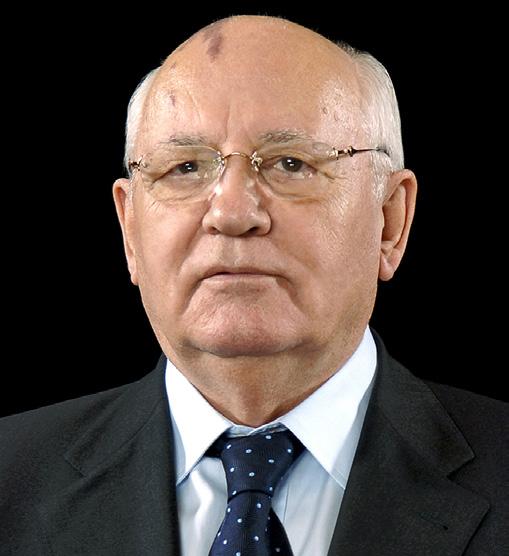
Former President, the Soviet Union; President, The Gorbachev Foundation; President, Green Cross International; Recipient, Nobel Peace Prize, 1990
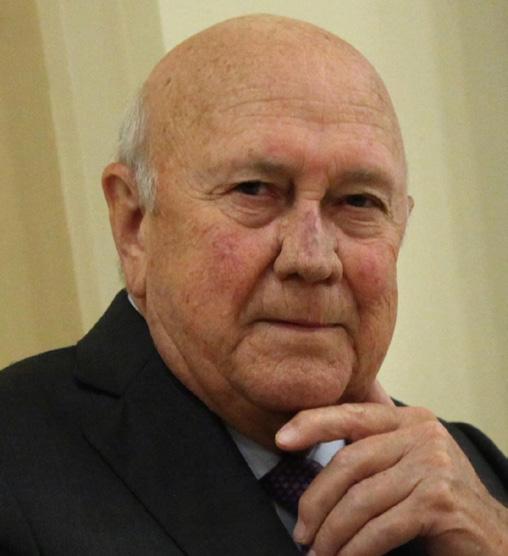

Dr. Michael Nobel
Chairman, Nobel Family Society; Chairman, The Nonviolence Project
2003
Ms. Betty Williams
Mr. F. W. De Klerk

2004
Rabbi Michael Lerner

Peace Worker, Founder and President, World Centers of Compassion for Children; Co-recipient, Nobel Peace Prize, 1977

Mr. John Hume

Architect of Northern Ireland Peace Settlement; Founder, Social Democratic and Labour Party; Co-recipient, Nobel Peace Prize, 1994
Former President, Republic of South Africa; Co-recipient, Nobel Peace Prize, 1993

Chief Albert John Luthuli (posthumous)
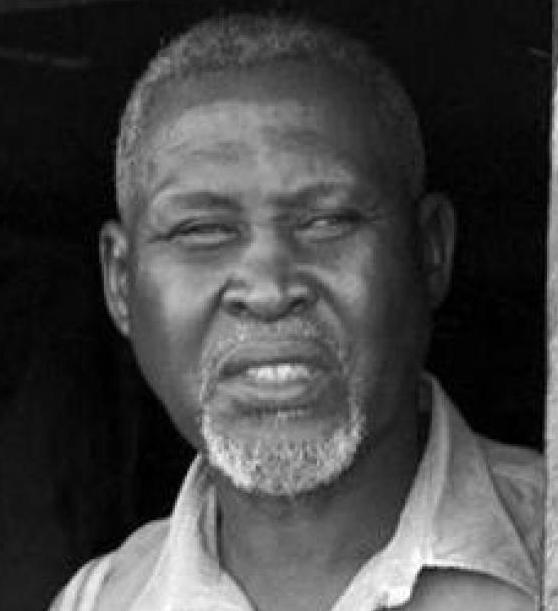
Editor, Tikkun Magazine; Founder & National Co-Chair, The Tikkun Community; Rabbi Beyt Tikkun 2005
2006
Archbishop Desmond Tutu

Anglican Archbishop Emeritus of Cape Town; Recipient, Nobel Peace Prize, 1984
Former President, African National Congress; Recipient, Nobel Peace Prize, 1960
2006
Mrs. Coretta Scott King
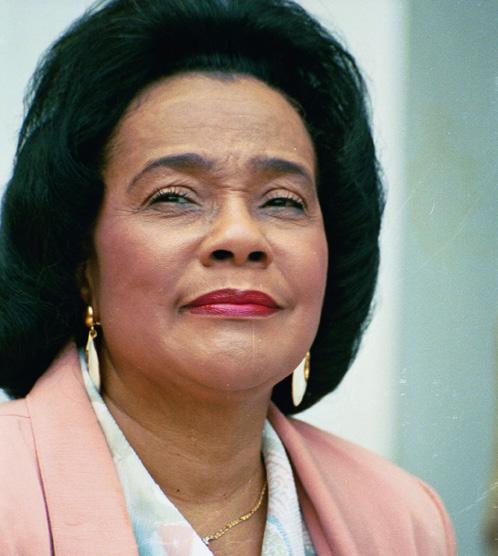
First Lady of the Civil Rights Movement; Founder, The Martin Luther King Center for Nonviolent Social Change
2009
Mr. Yitzhak Rabin (posthumous)
Former Prime Minister, State of lsrael; Architect, Oslo Accords; Co-recipient, Nobel Peace Prize, 1994

2010
Dr. Han Shik Park
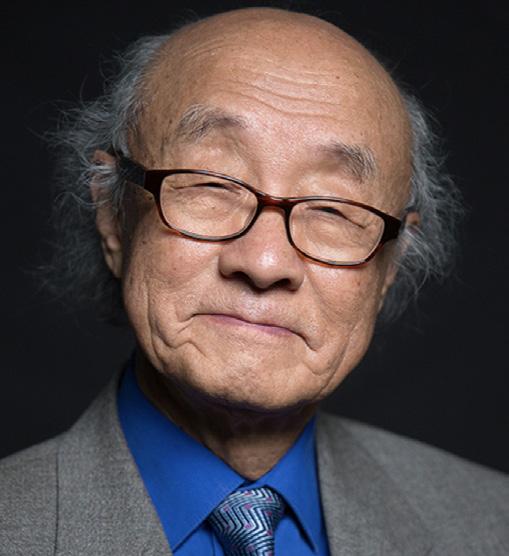
University Professor oflnternational Affairs; Director, Center for the Study of Global Issues; (GLOBIS) University of Georgia; Architect of U.S.-North Korean Relations

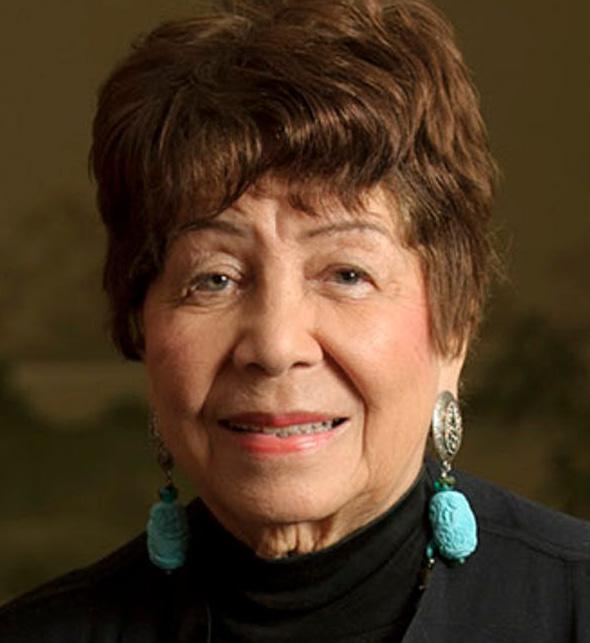
The Rev. Dr. Joseph E. Lowery
Dean of the American Civil Rights Movement; Co-founder and President Emeritus, Southern Christian Leadership Conference (SCLC)
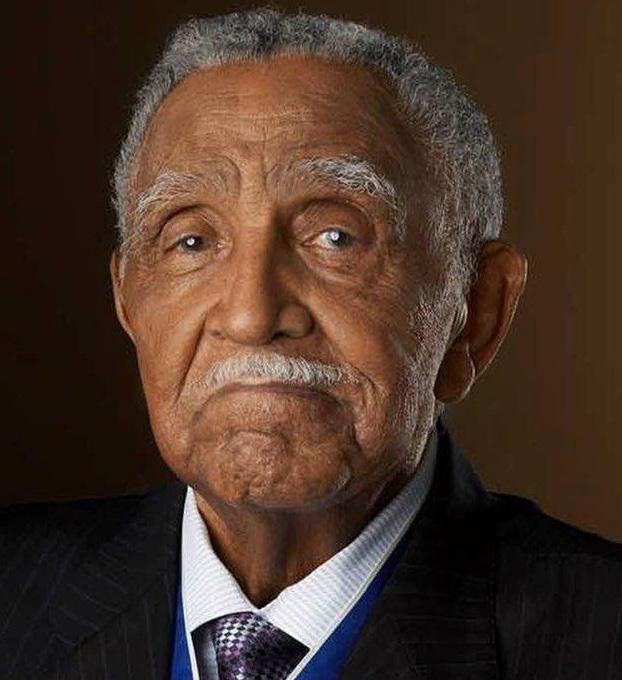
Mrs. Evelyn Gibson Lowery
Pioneer, American Civil Rights Movement; Founder, SCLC/W.O.M.E.N., Inc. (Women’s Organizational Movement for Equality Now)
2013
His Holiness
Sri Sri Ravi Shankar

Founder, Art of Living Foundation, International Association for Human Values 2014
Dr. Karen Armstrong

Founder, Charter for Compassion; Leading Historian of World Religion; Thinker and Bestselling Author
2018
Dr. Neelakanta Radhakrishnan
Chair, Gandhi Peace Mission
2015
Amb. Anwarul K. Chowdhury

Former Under-Secretary-General of the U.N. and Ambassador of Bangladesh to UN; Founder of the Global Movement for the Culture of Peace

2019
Dr. Kai Frithjof Brand-Jacobsen Director, Department of Peace Operations (DPO) - PATRIR
2016
Dr. Johan Galtung

Father of International Peace and Conflict Studies; Founder, Galtung-lnstitute for Peace Theory and Peace Practice; Founder, TRANSCEND International
2017
Brother James Gaffney, FSC

President Emeritus, Lewis University; Honorary Founder, Lewis University
2021
Dr. Robert Cummings Neville
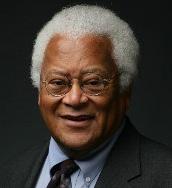
Professor Emeritus of Philosophy, Religion, and Theology , Dean, 1988-2003, Boston University

2022
The Rev. James Morris Lawson Jr. Activist, Professor, and Former Pastor of Holman UMC
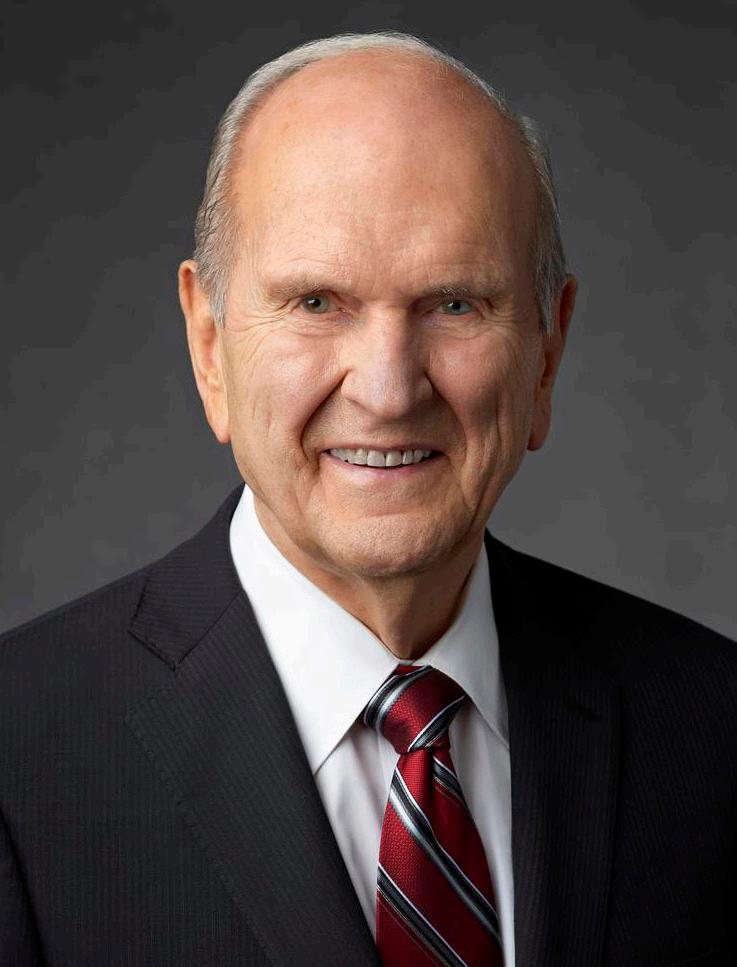
Born September 9, 1924, President Nelson is the son of Marion C. and Edna Anderson Nelson. He and his wife, the former Dantzel White, have ten children. Sister Nelson passed away in February 2005. In April 2006, he married Wendy L. Watson.
Prior to his service as head of the Church of Jesus Christ of Latter-day Saints, President Nelson served as president of the Quorum of the Twelve Apostles from July 15, 2015, until his call as the Church’s leader. He has served as a member of that quorum since April 7, 1984.
An internationally renowned heart surgeon and medical researcher, Dr. Nelson received his B.A. and M.D. degrees from the University of Utah (1945, 47). His honorary scholastic societies include Phi Beta Kappa and Alpha Omega Alpha. He served his residency in surgery at Massachusetts General Hospital in Boston and at the University of Minnesota, where he was awarded his Ph.D. Degree in 1954. He also received honorary degrees of Doctor of Science from Brigham Young University in 1970, Doctor of Medical Science from Utah State University in 1989, and Doctor of Humane Letters from Snow College in 1994.
His professional work included the positions of research professor of surgery and director of the Thoracic Surgery Residency at the University of Utah and chairman of the Division of Thoracic Surgery at Latter-day Saints Hospital in Salt Lake City.
Author of numerous publications and chapters in medical textbooks, President Nelson lectured and visited professionally
throughout the United States and in many other nations prior to his call as a General Authority. A host of awards and honors have come to him, including the Distinguished Alumni Award, University of Utah; the Heart of Gold Award from the American Heart Association; a citation for International Service from the American Heart Association; and the Golden Plate Award, presented by the American Academy of Achievement. He has been awarded honorary professorships from three universities in the People’s Republic of China.
Dr. Nelson has served as president of the Society for Vascular Surgery, a director of the American Board of Thoracic Surgery, chairman of the Council on Cardiovascular Surgery for the American Heart Association, and president of the Utah State Medical Association. In 1951, Nelson and other researchers developed a heart and lung machine that supported the first ever human open-heart surgery.
He is listed in Who’s Who in the World, Who’s Who in America, and Who’s Who in Religion.





President Nelson has held numerous positions of responsibility in the Church. He served as stake president of the Bonneville Stake from 1964 to June 1971, when he was called as general president of the Sunday School. Prior to his call to the Quorum of the Twelve, he was serving as a Regional Representative assigned to the Kearns Utah Region. He had previously served as Regional Representative for Brigham Young University, where he is currently Chairman of the Board of Trustees.


Ira Helfand, MD is a member of the International Steering Group of the International Campaign to Abolish Nuclear Weapons (ICAN), the recipient of the 2017 Nobel Peace Prize, and co-President of the International Physicians for the Prevention of Nuclear War (IPPNW), the founding partner of ICAN and itself the recipient of the 1985 Nobel Peace Prize. He is also co-Founder and Past President of Physicians for Social Responsibility, IPPNW’s U.S. affiliate.
Helfand represented ICAN at the Oslo and Nayarit Conferences on the Humanitarian Impact of Nuclear War, and in September of 2015 he addressed a special session of the United Nations General Assembly. In May of 2016 he led the session on the humanitarian consequences of nuclear war at the United Nations Open Ended Working Group meeting in Geneva that led to the successful negotiation of the Treaty on the Prohibition of Nuclear Weapons in the summer of 2017, and on September 20 of 2017 he represented IPPNW at the signing ceremony for the Treaty. He has published studies on the medical consequences of nuclear war in the New England Journal of Medicine, the British Medical Journal, the Lancet and the World Medical Journal, and has lectured widely in the United States, and in India, China, Japan, Korea, Russia, South Africa, Israel, Pakistan, Mexico, Brazil,
Columbia, and throughout Europe on the health effects of nuclear weapons. He represented Physicians for Social Responsibilities (PSR) and IPPNW at the Nobel ceremonies in Oslo in December 2009, honoring President Obama, and presented their new report, Nuclear Famine: One Billion People at Risk, at the Nobel Peace Laureates Summit in Chicago in April of 2012. A second edition was released in December of 2013.
Dr. Helfand was educated at Harvard College and the Albert Einstein College of Medicine. He is a former chairman of the Department of Emergency Medicine and President of the Medical Staff at Cooley Dickinson Hospital, and currently practices as an internist and urgent care physician at Family Care Medical Center in Springfield, Massachusetts.
Dr. Helfand is the recipient of the 1997-1998 Will L. Judy Award, the 2003 O’Dwyer Award, the 2003 John Phillips Award, the 2016 Verdoorn Prize, the 2017 Distinguished Peace Leadership Award, and the 2017 Edward Barsky Award.

Married to Deborah Smith, Medical Oncologist. They live in Massachusetts.

“And again, the Lord God hath commanded that men should not murder; that they should not lie; that they should not steal; that they should not take the name of the Lord their God in vain; that they should not envy; that they should not have malice; that they should not contend one with another; that they should not commit whoredoms; and that they should do none of these things; for whoso doeth them shall perish.
For none of these iniquities come of the Lord; for he doeth that which is good among the children of men; and he doeth nothing save it be plain unto the children of men; and he inviteth them all to come unto him and partake of his goodness; and he denieth none that come unto him, black and white, bond and free, male and female; and he remembereth the heathen; and all are alike unto God, both Jew and Gentile.”
2
The Book of Mormon Another Testament of Jesus Christ
The 193rd Annual General Conference of The Church of Jesus Christ of Latter-day Saints Salt Lake City, U.S.A.
“Contention is a choice. Peacemaking is a choice. You have your agency to choose contention or reconciliation.”
President Russell M. Nelson, M.D., Ph.D.
[]
PR elu De
call To a ssemBle
islamic PR ayeR
Bu DDhisT PR ayeR
chR isTian PR ayeR
occasion
moR ehouse college glee clu B
sPelman college glee clu B
viDeo PR esen TaTion
The Ta BeR nacle choiR aT
The TemPle squa R e
R ecogniTion of schola R shiP R eciPien Ts
PR esen TaTion
The Ta BeR nacle choiR aT The TemPle squa R e
PR esen TaTion
moR ehouse college glee clu B
sPelman college glee clu B
a DDR ess
moR ehouse college glee clu B
sPelman college glee clu B
The in TeR naTional h all of honoR PoRTR aiT in Duc Tion
PosTlu De
“I Call to Thee, Lord Jesus Christ”
Johann Sebastian Bach
Dr. David Francis Oliver
The Reverend Dean Carter Sr.
Imam Sulaimaan Hamed Resident Imam , Atlanta Masjid of Al-Islam, Atlanta GA
Amber Suitt-Zuehlke Director, SGI-USA South Zone, Atlanta GA
The Reverend Dr. Nichelle Guidry Dean of Sisters Chapel, Spelman College, Atlanta GA
The Reverend Angela Harrington Rice Executive Director, Interfaith Community Initiatives, Atlanta, GA
“Lift Ev’ry Voice and Sing” James Weldon Johnson & John Rosamond Johnson
President Russell Marion Nelson Gandhi • King • Mandela Peace Prize
“Come, Come Ye Saints” arr. Mack Wilberg
The Reverend Dean Carter
“Come, Thou Fount of Every Blessing” arr. Mack Wilberg
Ira Helfand, M.D. Gandhi • King • Ikeda Community Builder’s Prize Recipient
Dr. David Anthony Thomas 12th President, Morehouse College Dean Carter
“Good Trouble” arr. Kevin Johnson
“The Growing Danger of Nuclear War and What We Can Do About It”
Dr. Ira Helfand, M.D. Past President, International Physicians for the Prevention of Nuclear War Founding Partner, International Campaign to Abolish Nuclear Weapons
“We Shall Overcome” arr. Wendell P. Whalum
Dr. David Edward Morrow ’80
Professor, Chair of the Music Department, Director of the Glee ClubDr. David Francis Oliver College
Organist“O God Our Help in Ages Past” arr. David Oliver
For 43 years, one of the signature initiatives of the Chapel has been The Martin Luther King Jr. International Chapel Assistants program. This student organization is open to all who seek to be stretched and strengthened in their faith, engaged in dialogue and action on issues of social justice and human rights, and oriented to the diversity of spiritual perspectives that comprise our Great “World House” concept for wholeness and healing. The Chapel Assistants Program is open to students of all majors and career interests; however, a particular focus is given to those who are discerning vocational callings in lay or ordained ministry and scholarship in the theological academy. The Chapel Assistants Program offers a host of rich experiences and opportunities including: Thurman Thursdays each week at 5:30 p.m. in the Chapel Library; Sermon Talkback Sessions following each Sunday Vesper service; Monthly Sandy F. Ray Preaching Laboratory Sessions; participation in the Festival of Young Preachers; Interfaith Immersion Weekends and Pilgrimages; Ministry in the Arts; Seminary Swing Tours; and, summer internship placements.
Thursdays | 5:30 p.m.
Join the chapel assistants each Thursday for dynamic theological table talks on issues ranging from politics to religion, ethical formation, vocational discernment, leadership development, interfaith engagement and church administration.
Sundays | 5:30 p.m.
Each Sunday during the semester, join the chapel assistants, the King Chapel Gospel Choir (KCGC) and other Atlanta University Center students, staff and faculty for worship. Preachers include alumni clergy, special guests and select chapel assistants who have preached in the Sandy F. Ray Preaching Lab and or at the Academy of Preachers.
The WorldHouse Academy seeks to “deepen the faith of young people by helping them think theologically about their lives as well as the challenges faced by our global community” and “to identify and cultivate a cadre of theologically minded youth who will become leaders in church
and society.”’ The WorldHouse Academy, a youth theological institute that will develop the capacity of high school youth to comparatively and substantively engage the texts. traditions, commitments and histories of the religious communities of their formation; employ critical tools to conduct theological and ethical analysis of current events and the world around them; examine various models of religious vocation and professional theological engagement and, prepare to successfully matriculate as an undergraduate student in a liberal arts institution, particularly Morehouse College and other historically black colleges and universities, with a commitment to robust interdisciplinary preparation for graduate and professional education, hopefully leading to theological and religious vocations.
The Gandhi. King, Ikeda Institute for Cosmopolitan Virtue Ethics and Reconciliation at Morehouse College hosts the annual WorldHouse Interfaith Assembly, a supportive and tangible expression of the global movement for peace and nonviolence through the Martin Luther King Jr. International Chapel. We model and teach activism. Nonviolence, optimism and populism in the spirit of Mohandas Karamchand “Mahatma” Gandhi, Martin Luther King Jr.’48 and Daisaku lkeda promoting a holistic vision for the growth, health, safety and wellbeing of our beloved evolving world cosmos. Our vision is the creation tit a cosmopolitan society in which the full development of everyone’s potential is the central goal.
Transferred from the Howard Thurman educational Trust (HTET) formed in 1961 in San Francisco. California to Morehouse College in 2009. The HTET was renamed the I-Ioward Thurman Spiritual Educational Trust for Nonviolent Global Conflict Resolution in October 2018. The Trust was established for religious, charitable, scientific, literary. or educational purposes or for the presentation of cruelty to children or animals. Primary activities of the Trust are lo support student educational. international and cultural programs. The Howard Thurman Crown Forum is hosted by the Chapel annually in November as close as possible to the birthdate of Dr. Thurman, November 18, 1899.
The Morehouse College Honors Program was renamed the Howard Thurman Honors Program in 2019. The Thurman Honors Program is a member of the National Collegiate Honors Council. an international community of educational institutions. professionals. and students who are passionate about advancing honors education in diverse settings yielding a global perspective and a unified voice in support of honors in the classroom and around the campus. A member of the Morehouse Class of 1923, Howard Washington
Thurman remains one of the College‘s most prolific scholars and academicians.
Are you looking to hone your preaching skills?
As “iron sharpens iron,” the Sandy F. Ray Preaching Lab offers chapel assistants the opportunity to deliver a sermon throughout the year for advice and constructive criticism from peers and seasoned homileticians.
festival of young preachers and the academy of preachers (Fall Semester Annually)
Each fall, chapel assistants and other aspiring preachers sign up and participate in the annual festival. Participants receive coaching and review of their sermon manuscripts in preparation for a select group to participate in the National Festival of Young Preachers sponsored by the Academy of Preachers.
The Chapel offers talented men and women the opportunity to lend their voices, talents and gifts in worship through spoken word, dance, vocal and instrumental presentations, drama and visual arts.
The Chapel Assistants program holds a longstanding tradition of preparing its members for theological education on the graduate level. This preparation is due in part to the annual Seminary Swing trip which offers chapel assistants the opportunity to experience student life at schools such as Harvard Divinity School, Yale Divinity School, Princeton Theological Seminary, Union Theological Seminary, University of Chicago, Boston University, Duke University, Southern Methodist University, and Vanderbilt University.
The Chapel Assistants Summer Internship Program was established in 2013 as a pilot program of the “WorldHouse Initiative Realized.” The aim of the Chapel Assistants Summer Internship Program is to develop a formal structure for the historically informal and relational process of students identifying and securing summer ministerial internships in congregational contexts.
The College of Pastoral Leadership (CPL) builds on the Chapel’s 43-year, internationally recognized legacy of delivering ecumenical spiritual and vocational education to provide a year- long professional development program that advances the goal to nurture a new generation of highly talented and religiously committed leaders lor church and society. The CPL provides programming and mentoring to help early career pastors and students develop as 21st century moral cosmopolitan leaders.
Renard Darnell Allen
Gerard A. Ancrum
Ernest Andrew Brooks III
Gabriel Denard Cloud
Delman Lamont Coates
Jawanza Karriem Colvin
Brandon Thomas Crowley
Devon Jerome Crawford
Brian Russel Davis
Julian Michael DeShazier
Willie Dwayne Francois III
Tiant D’Andre Holloway
JaParis Xavier Key
Brandon Lamar Jackson
Kevin Rae Miles Johnson
Hassan Xavier Henderson-Lott
Lester Agyei McCorn
Tyrone Emmanuel McGowan
David Malcolm McGruder
Rashad Raymond Moore
Echol Lee Nix Jr.
Donavan Jamal Pinner
George Anthony Pratt*
Winford Kennadean Rice
Joseph Carlos Robinson
Kevin Kitrell Ross
Samuel T. Ross-Lee
Willie J. Seals Jr.
Michael A. Walrond Jr.
Raphael Gamaliel Warnock
Tyler Micah Washington
Beryl Monroe Whipple
Demetrius M.T. Ziegler
Kaylin Alexandria Calhoun
Princess India Dandoo
Zaynah Garcia
Tanesha Renee Golding
Lauren Anita-Legardy
Nichele Olivia-Lanett Washington
Prianna Marie McDonald
Aeneas Lett Thompson
Demarkeise Raphael Smith
Derrick De’vonte Forge
Dylan Miles Bolton
Kevin L. Washington Jr.
Porter Alexander Tynes III
Alexandria Assata Greenlee
Carlita Nicole Garrett
Dahja Gordon
Madison Shada Thompson
Simone Mitchell-Smith

The Martin Luther King Jr. International Chapel is a cosmic treasure that serves as the world’s most prominent religious memorial dedicated to the life, legacy, and Black social gospel justice tradition of its iconic namesake, Martin Luther King Jr. It is a beacon for global change and an incubator for innovative ideas that advance civil human rights ethics.
For those who dream of a beloved world economic community, nonviolent social change, personal and inclusive transformation, peace, and justice, the King Chapel at Morehouse College offers a scholastic and spiritual home for the study of King and his philosophy.
The internationally acclaimed Dean of the King Chapel, the Rev. Dr. Lawrence Edward Carter Sr., has spent the past four decades building the world house memorial into a global ministry that promotes excellence, ethics, equality, and engagement, while encouraging and inspiring ambassadors of peace, unity, and harmony to carry King’s work and commitment to human dignity by saving democracy for all.

A $1,500 gift will enable you to buy a new tuxedo seat with an engraved plaque that will be on display in the historic venue that has hosted lectures by world dignitaries, scholars, theologians, celebrities, and newsmakers. Highlight your own name on a chair or honor the memory of a loved one.






From hosting 2,200 students for weekly community meetings to thousands of parents who entrust their beloved sons to the College each fall—and tens of thousands of visitors who snap photos of the King Statue on the International Plaza throughout the year—King Chapel is the living room in which Morehouse College welcomes world leaders of consequence.
In the sacred hush of The Crown Nave, the walls have countless tales to tell from ministers and leaders of diverse faiths and nationalities— people who share a common love for human kind and respect for people of all racial, economic, and gender identities. Their images have been captured in over 200 oil portraits that pay tribute to their journeys as humble servant scholar-leaders who became solidarity rights champions. Like King, they dedicated their lives to making the world a better place for saving and spreading democracy.
An investment in preserving King Chapel, our global treasure at Morehouse, is an investment in the ideals, values, vision, and courage of emerging servant scholar-leaders, who, in ways small and grand, will carry on King’s legacy and fulfill his dream.

The Reverend William Jefferson White ’11, D.D. (Hon.) Founder of Morehouse College
Willie Edward Woods ’85, M.B.A. Chairman, Board of Trustees
F. Euclid Walker ’94, M.B.A. Chairman, Martin Luther King Jr. International Chapel Trustee Committee
David Anthony Thomas, Ph.D., M.B.A., M.Phil. Twelfth President of Morehouse College
The Reverend Robert Michael Franklin Jr. ’75, Ph.D., D.D., D.H.L. President Emeritus
Walter Eugene Massey ’58, Ph.D., D.S., D.Hum., Ed.D., D.H.C., Mult. President Emeritus
Leroy Keith Jr. ’61, Ph.D. President Emeritus
Hugh Morris Gloster Sr. ’31, Ph.D., Ll.D., D.H.L., Litt.D., D.H.C., Mult. President Emeritus and Founder of the King Chapel
The Reverend Lawrence Edward Carter Sr., 33° Ph.D., D.D., D.H., D.R.S, D.H.C., Mult. Dean of the Chapel, Professor of Religion, College Archivist, and Curator
The Reverend Terry Farrell Walker Sr. ’89, M.Div. Director, Chapel Relations
Elder Kimberly Michelle Brown Executive Assistant to the Dean, Chapel Office Manager Director, Chapel Arts Ministries
The Revered Quincy James Rineheart, Ph.D. (ABD) Associate Campus Minister, Adjunct Professor of Africana Studies
Alanté D.M. Thomas, M.Div. Candidate Program Associate
Guy Edward Mitchell Audio/Visual Technology Support
David Francis Oliver, D.M.A. College Organist
The Reverend Donna Eugenia Walker C’1994, D.Min. African Dance Consultant and Chapel Volunteer
Marva Griffin Carter, Ph.D. Music Consultant and Pianist
Willie E. Woods ’85, Chairman (Ex Officio)
David A. Thomas (Ex Officio)
F. Euclid Walker ’94 , Chair
Delman L. Coates ’95
Otis Moss III ’92
Charles David Moody Jr. ’78
Richard Thaler Jr.
Harold V. Bennett
Lawrence Edward Carter Sr.
Terry F. Walker Sr. ’89
Martin Luther King Jr. International Chapel Assistants Executive Board
Tyler Micah Washington ’23 37th President Davion Lamont Stacker ’23 Vice President Jah’Karious Nkosi Conley ’25 Secretary Sarah Alise Williams C’2025 Treasurer Andarious Marshawn Porter ’24 Parliamentarian Elijiah Jahaad Waller ’24 HistorianFor more than 156 years, Morehouse College has been at the forefront of transformational change, developing enterprising Black men who use their influence and intellect to improve society. Our success in producing trailblazers is rooted in our mission to develop exceptional men with disciplined minds for lives of leadership and service. This philosophy compels Morehouse to set high expectations for every student we admit, to nurture their potential, and to propel them on the path to academic excellence and career success.
The proven result of this journey of self-exploration and development is the Morehouse Man. And it is no coincidence that you will find Morehouse Men in leadership in every industry, from politics and business to tech and the arts. We set the expectation for excellence the moment our scholars arrive on the Morehouse campus.
With more investment, as the top producer of Black male excellence at scale, Morehouse could have an even greater impact in higher education. We need your help as we build the College of the future and expand our reach globally as a higher education icon and thought leader on issues of social justice, race, culture, equity, and inclusion.
Now is the time for Morehouse to step forward in a bold way. Morehouse can become the nation’s top liberal arts college with your support.
Morehouse has launched a historic $500 million fundraising campaign, Making Men of Consequence: The Campaign for Morehouse College, and identified four pillars of success. The Making Men of Consequence Campaign will run for five years, concluding in June 2026.

Ensure a Morehouse education is affordable and accessible to the best and brightest scholars from around the world.

Recruit and retain exceptional faculty who are at the top of their fields and will advance our teaching and research.
Modernize our physical and virtual campus to promote learning, foster community, and prepare students for the global age.
Join the global community in addressing the world’s biggest problems.
The Campaign for Morehouse is about making strategic investments in Morehouse College’s future as the institution offers its academic programs and thought leadership to new audiences beyond the campus’ borders. Our fundraising priorities are grounded in the College’s imperatives to:
• Enhance the Student Experience
• Enrich Community, Economic, and Family Life
• Expand International Reach
• Increase Research Opportunities
• Strengthen Stewardship
• Advance Our Culture of High Performance
Morehouse educates 2,300 students annually. Approximately 60% of rising Morehouse Men come from families with a household income of $40,000 or less. More than 80% of Morehouse scholars take out federal loans to pay


for their education. Their families also tend to invest in their Morehouse education, which drains family finances. Black households have the highest rate of unemployment and the lowest median net worth, lagging behind Asian, white, and Latin American families. Taking on student loan debt further exacerbates the wealth gap between Blacks and other racial groups.
Morehouse College is working toward a future in which our endowment will allow the financial flexibility to support all deserving scholars, and the scholarships we offer students will be need blind. As more alumni and friends become involved in this goal, Morehouse will ensure that every qualified student—regardless of his finances—can afford a Morehouse education.
For more information on the Making Men of Consequence Campaign, visit impact.morehouse.edu/campaign
To make your gift: giving.morehouse.edu
1 Here we stand, surrogate voices— of those who have been silenced— by tragedy, indifference and time. We stand amidst a world where deception freely roams, And integrity and truth are held as crime.
Refrain: Yet reverently we stand the heirs of this great land, and lift our voices high with cheerful song!
Walk on by faith, walk on with hope, with renewed determination to press on sing praise to the God of all creation, the hope of every nation see the victory before us and walk on!
2 Here we stand, bearing witness, to nature’s aberrations. Where disasters, unpredictable plague the near and distant lands. Oblivious to change, so many fail to heed—foreboding signs the universe commands.
Refrain: Yet reverently we stand the heirs of this great land, and lift our voices high with cheerful song!
Walk on by faith, walk on with hope, with renewed determination to press on sing praise to the God of all creation, the hope of every nation see the victory before us and walk on!
3 Here we stand, champions of freedom, where courageous voices cry out, and fight for justice every day. We have thrived amidst the threats that democracy may fail, as we face new jolts and struggles on the way.
Refrain: Yet reverently we stand the heirs of this great land, and lift our voices high with cheerful song!
Walk on by faith, walk on with hope, with renewed determination to press on sing praise to the God of all creation, the hope of every nation see the victory before us and walk on! See the victory before us and walk on! Yes, just walk on!
“From a healed, peaceful heart, humility is born; from humility, a willingness to listen to others is born; from a willingness to listen to others, mutual understanding is born; and from mutual understanding, a peaceful society will be born.”
Daisaku Ikeda
Dear old Morehouse, dear old Morehouse, We have pledged our lives to thee; And we’ll ever, yea forever, Give ourselves in loyalty.
True forever, true forever, To old Morehouse may we be; So to bind each son the other, Into ties more brotherly.
Holy Spirit, Holy Spirit, Make us steadfast, honest, true, To old Morehouse, and her ideals, And in all things that we do.
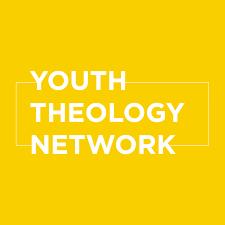
 J.O.B. Mosley ’29
J.O.B. Mosley ’29
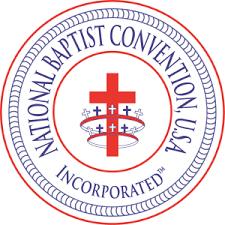












 Dr. Benjamin E. Mays Historic Preservation Site
Dr. Benjamin E. Mays Historic Preservation Site
Martin Luther King Jr. International Chapel Morehouse College

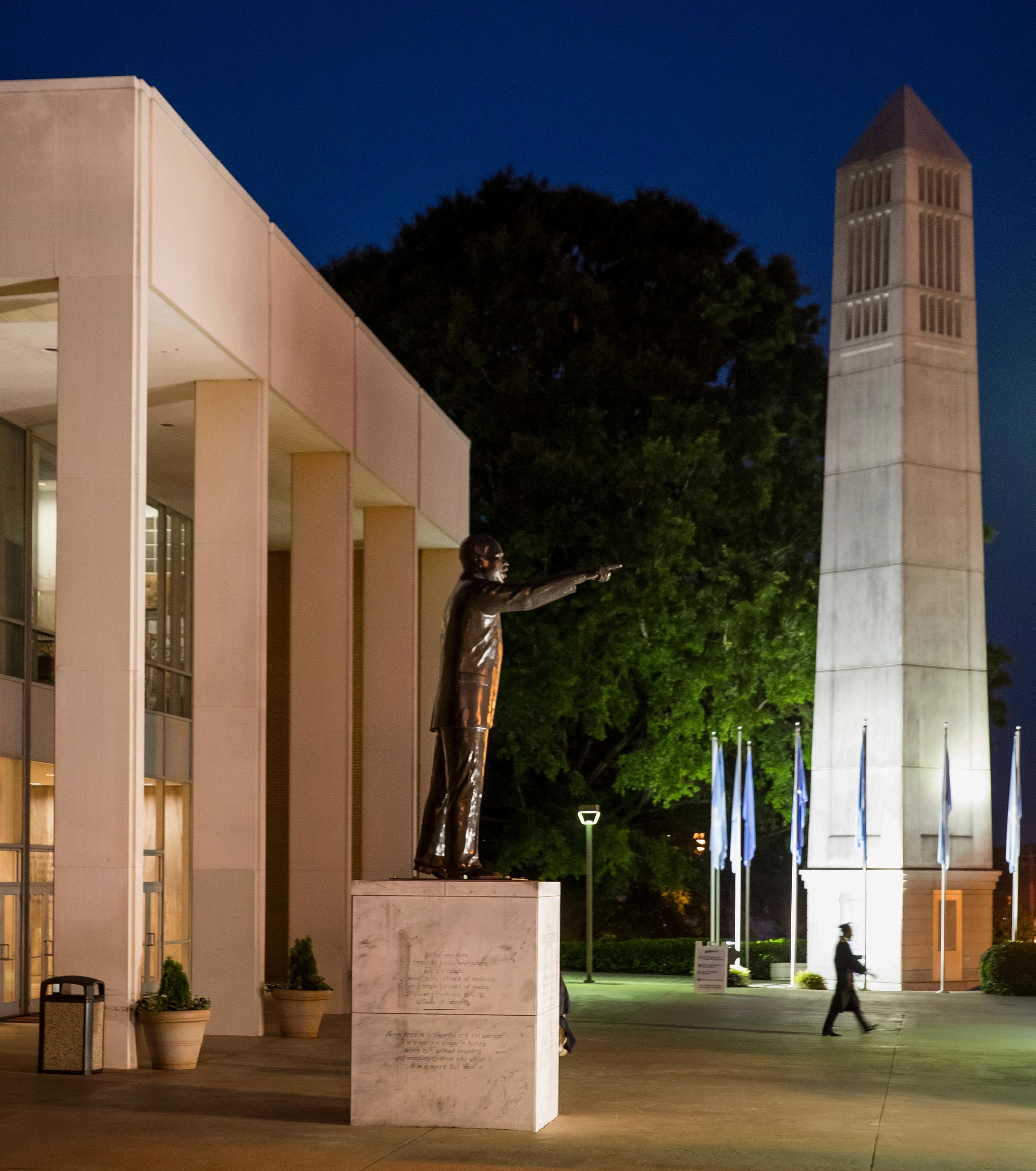
830 Westview Drive, S.W. Atlanta, Georgia 30314-3773
P: 470.639.0323 F: 470-639-0976
morehouse.edu/life/campus/ martin-luther-king-jr-international-chapel